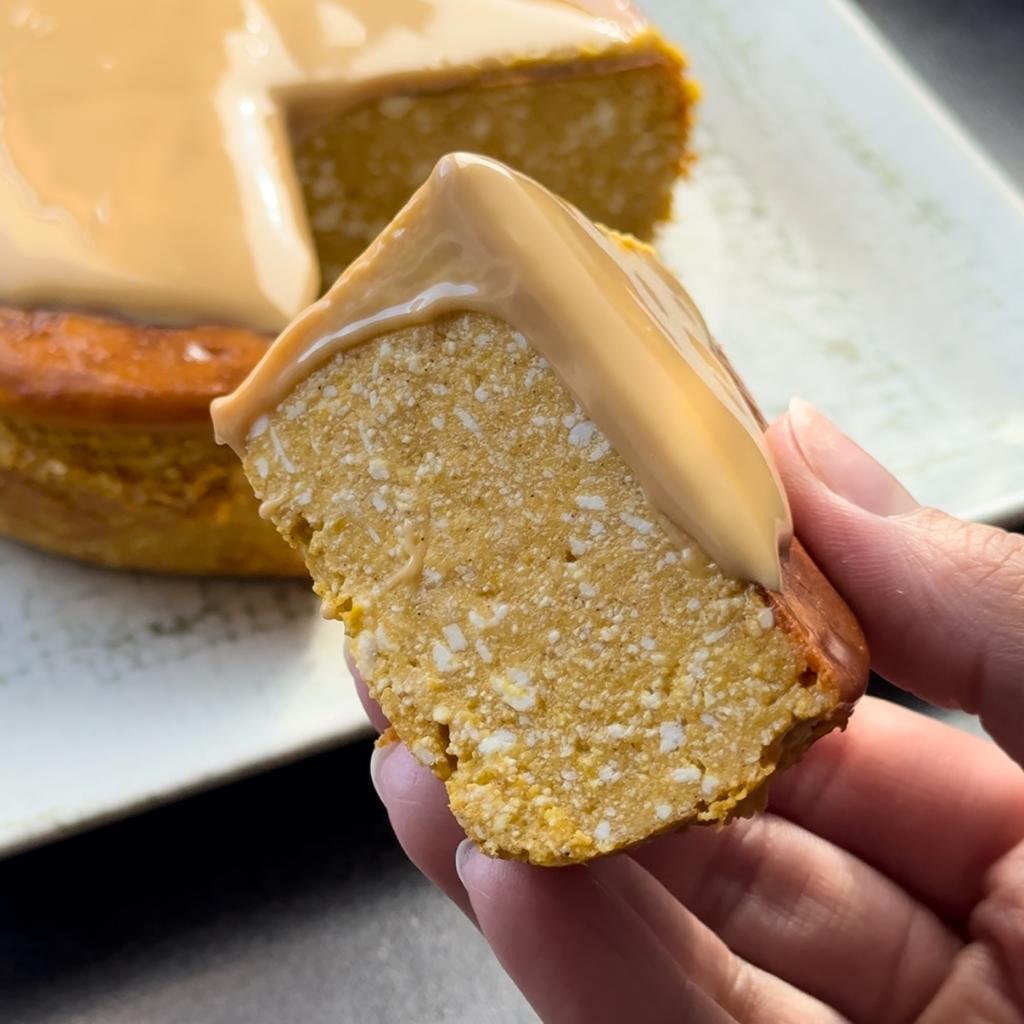
The term "pescetarian" was coined in the 1990s and derives from the fusion of the words "fish" and "vegetarian." The so-called pescetarian diet is a dietary regime halfway between the vegetarian and omnivorous diets, as it excludes all meat but includes fish and seafood. Essentially, the only animal species consumed are aquatic, and beef, lamb, poultry, and so on are not eaten. This choice is based, as expected, on different reasons for everyone, but generally rests on a series of reasons related to health, environment, and ethics, such as a reduction in the risk of chronic diseases and the environmental impact linked to livestock farming. Unlike those who follow a vegetarian diet, however, it maintains access to a greater variety of foods and makes it easier to travel and experience the world of dining, which often still lacks vegetarian or vegan options, especially in some regional and global areas.
This dietary style, as mentioned, is appreciated for its nutritional aspects and its relatively lower environmental impact compared to terrestrial animal farming. Pescetarians, in fact, according to estimates, tend to significantly reduce their environmental impact compared to omnivores, recording 46% less greenhouse gas emissions. However, it is important to consider that fishing can also be highly damaging and far from green, as well as the existence of some negative aspects related to intensive fish farming and overfishing of key species, which risks compromising the marine ecosystem.
Even within this dietary regime, therefore, choosing fish from sustainable and conscious sources is essential to maintain the balance of the environment and the seas. An example of an initiative to promote sustainable fishing is the Marine Stewardship Council (MSC), an independent non-profit organization founded in 1997 by WWF and Unilever, and became completely independent in 1999. The MSC works to safeguard the oceans and fish resources through a certification program for sustainable fishing. Products caught in compliance with its standard are recognizable by the blue MSC label on the packaging. At the end of March 2022, there were 628 fishing activities involved in the MSC program and 20,447 MSC-labeled products worldwide.
The pescetarian diet is rich in essential nutrients and, if well executed, sufficiently varied to not require any type of supplements (this also applies to the vegetarian diet). Several studies indicate that pescetarians have a 4.8% reduced likelihood of developing diabetes compared to omnivores. The inclusion of fish rich in omega-3s also offers additional benefits for heart and brain health, improving overall well-being. Let's see a summary of advantages and disadvantages, or factors to pay attention to.
An unmissable curiosity for those interested in this diet is the pescetarians of Okinawa, a group of islands in Japan whose inhabitants are known for their extraordinary life expectancy, the highest in the world. Their dietary style is based on moderate caloric intake and a high presence of plant foods, with reduced consumption of animal proteins and a preference for fish. The most commonly consumed species, but never in excess, include tuna, mackerel, and other varieties rich in omega-3, essential fatty acids known, as mentioned above, for their cardiovascular and anti-inflammatory benefits. In combination with fish, the long-lived people of Okinawa make great use of vegetables, tubers (particularly the purple sweet potato, rich in antioxidants), legumes like soy (tofu and miso), seaweed, and whole grains. The consumption of red meat and dairy, even for those who do not exclude them entirely, is really minimal. Another key principle of this diet is hara hachi bu, or eating until 80% full, avoiding caloric excesses and promoting efficient metabolism.
The pescetarian diet offers many possibilities in the kitchen to create tasty and balanced dishes, such as single dishes where the right amount of carbohydrates, proteins, and fibers (the perfect triad) are present at the same time. In general, as a starting point, it is advisable, especially if fish is eaten often, to prefer small fish with a short life cycle, such as sardines, mackerel, and anchovies, to reduce exposure to contaminants like mercury. Salmon, tuna, and cod are excellent sources of protein and omega-3, but it is good to opt for certified sustainable versions, limiting consumption to once a week. Shellfish and crustaceans, such as mussels, clams, and shrimp, can also contribute to creating succulent dishes, varying and enriching the diet with iron and zinc. Overall, fish pairs well with whole grains like rice, quinoa, spelt, and barley, which provide fiber and complex carbohydrates. For a complete meal, pairing it with seasonal vegetables and a source of healthy fats, such as extra virgin olive oil and nuts, is truly beneficial.
Looking for many tasty, balanced, and diverse pescetarian recipes? Search with the pescetarian filter for all those from our food creators! 😊
We couldn't find any recipes that match your search criteria. Try adjusting the filters.
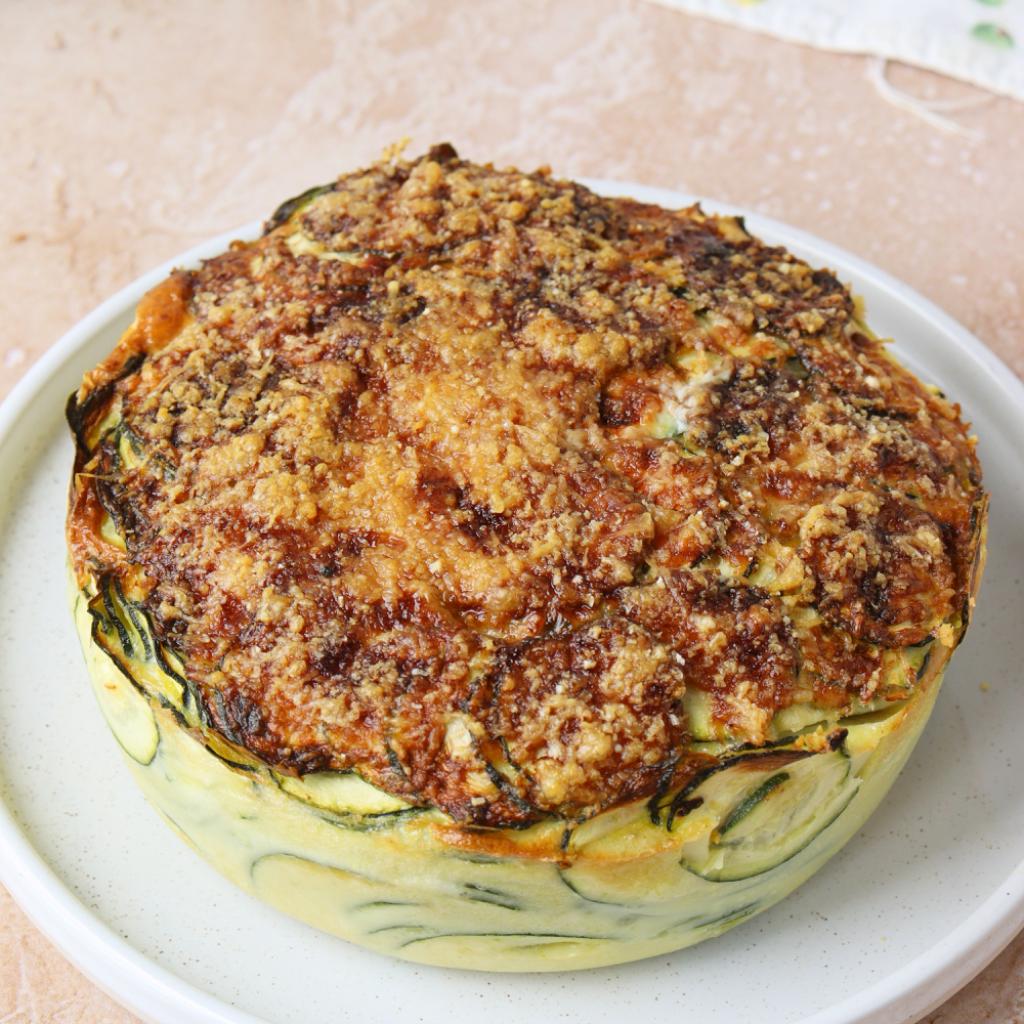
Iamfitandsweet
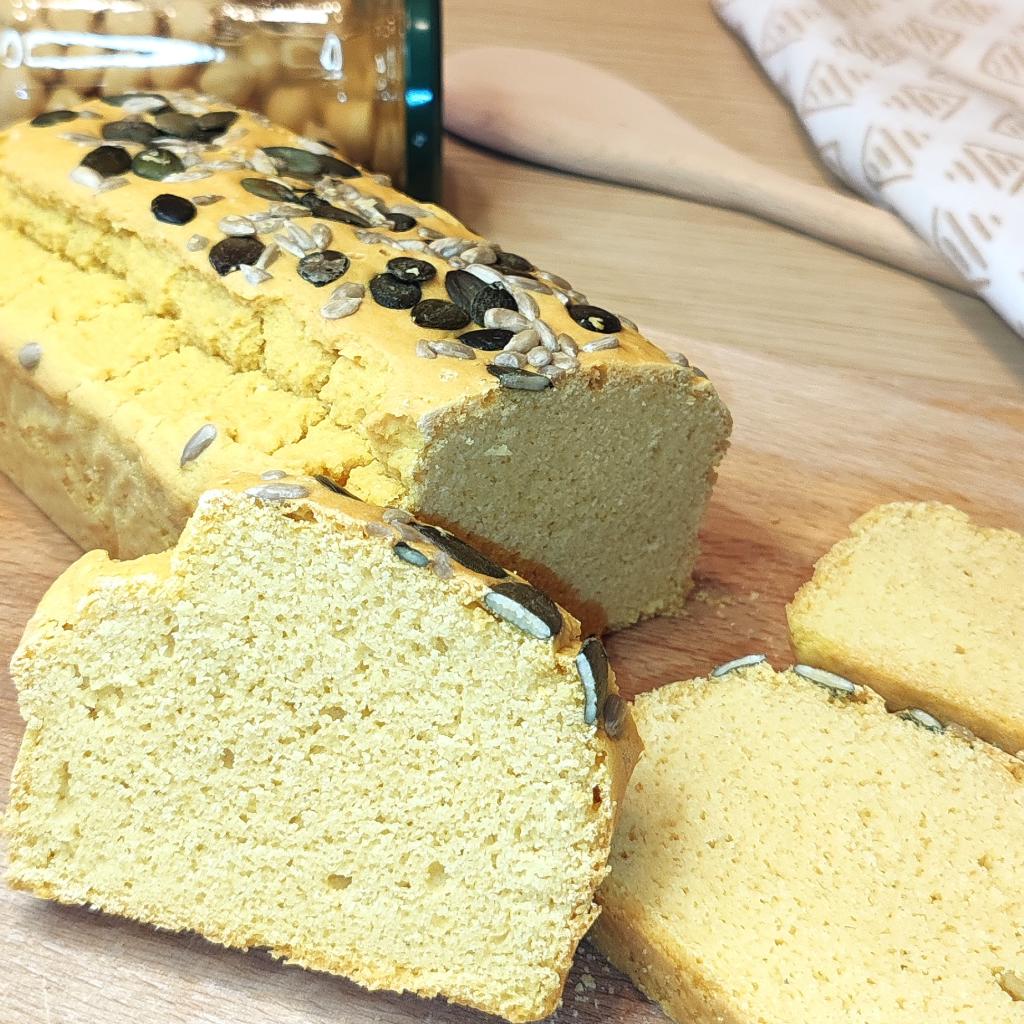
Spuntini.zerosbatti
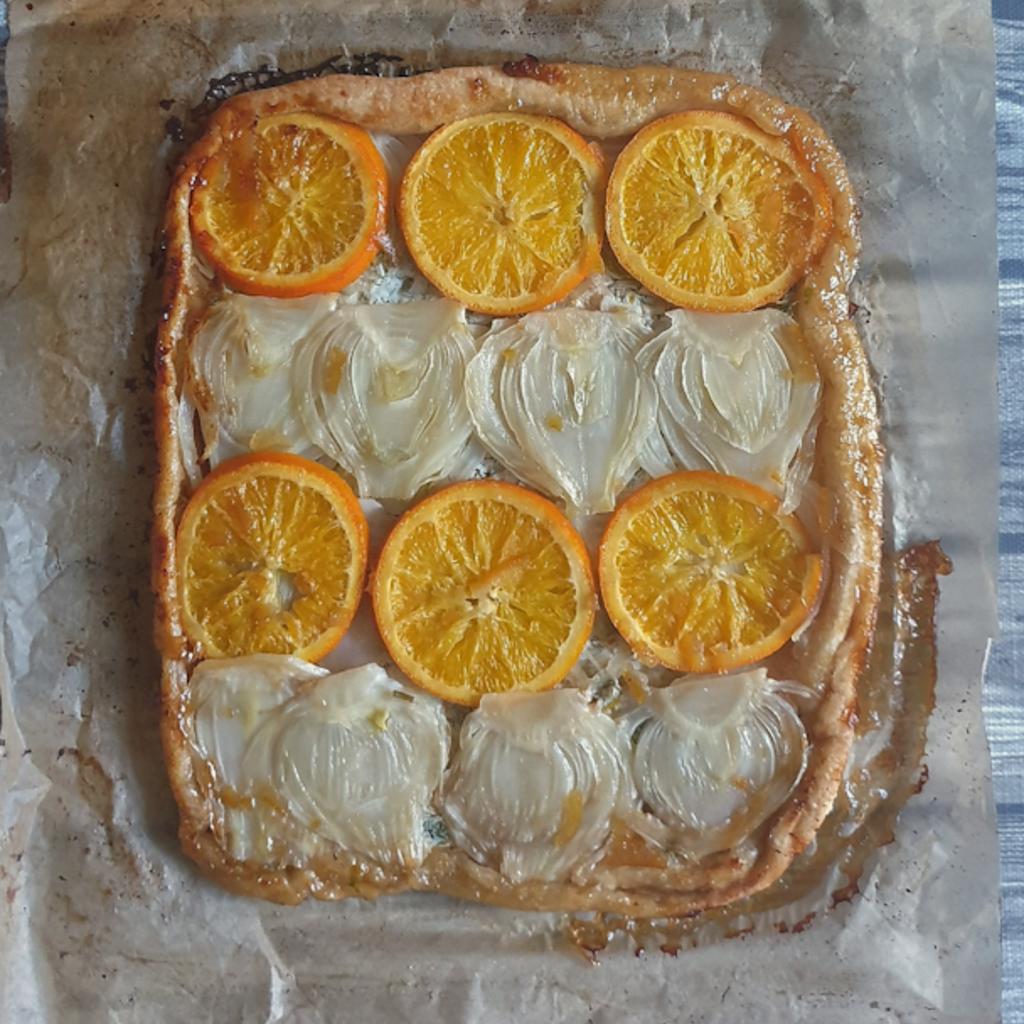
Tarte Tatin with Fennel and Oranges
di_bina_in_meglio
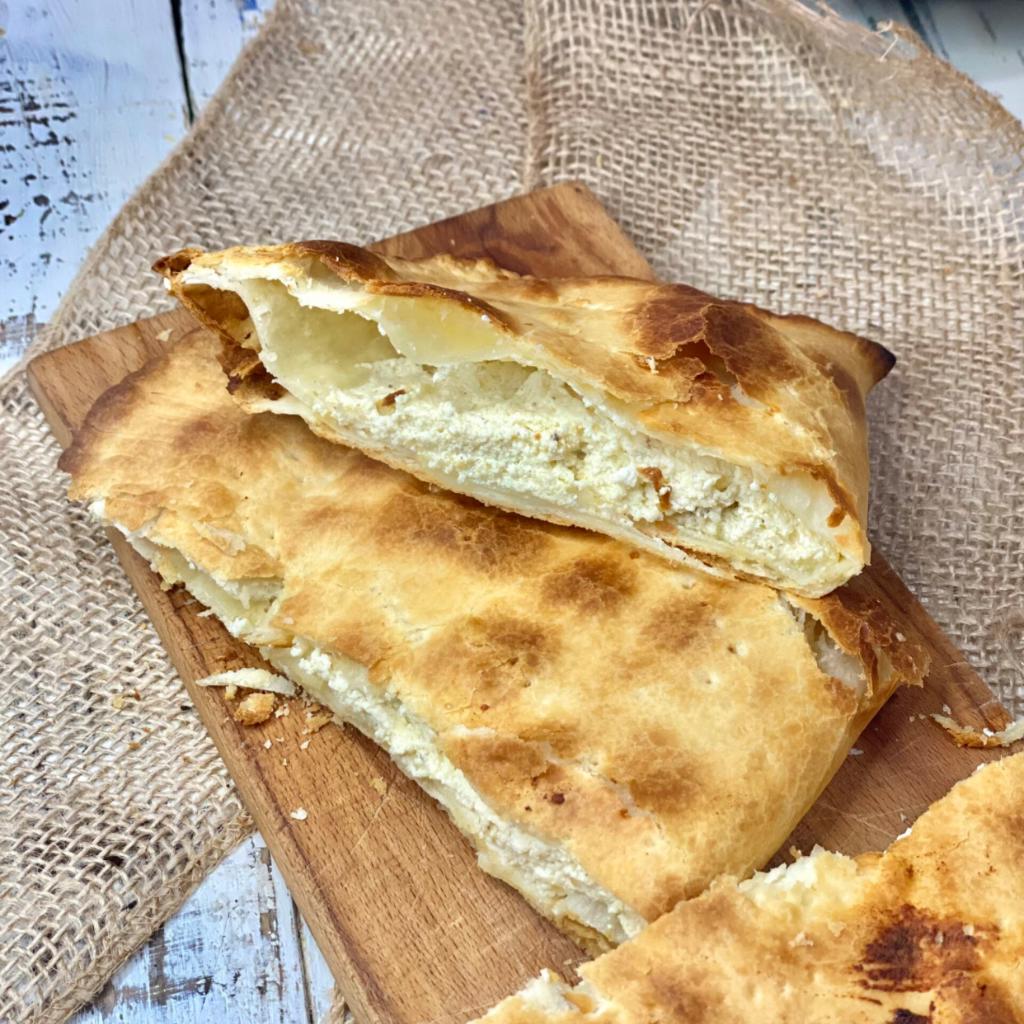
Grandma's Rustic (without yeast)
Annamariachef2.0
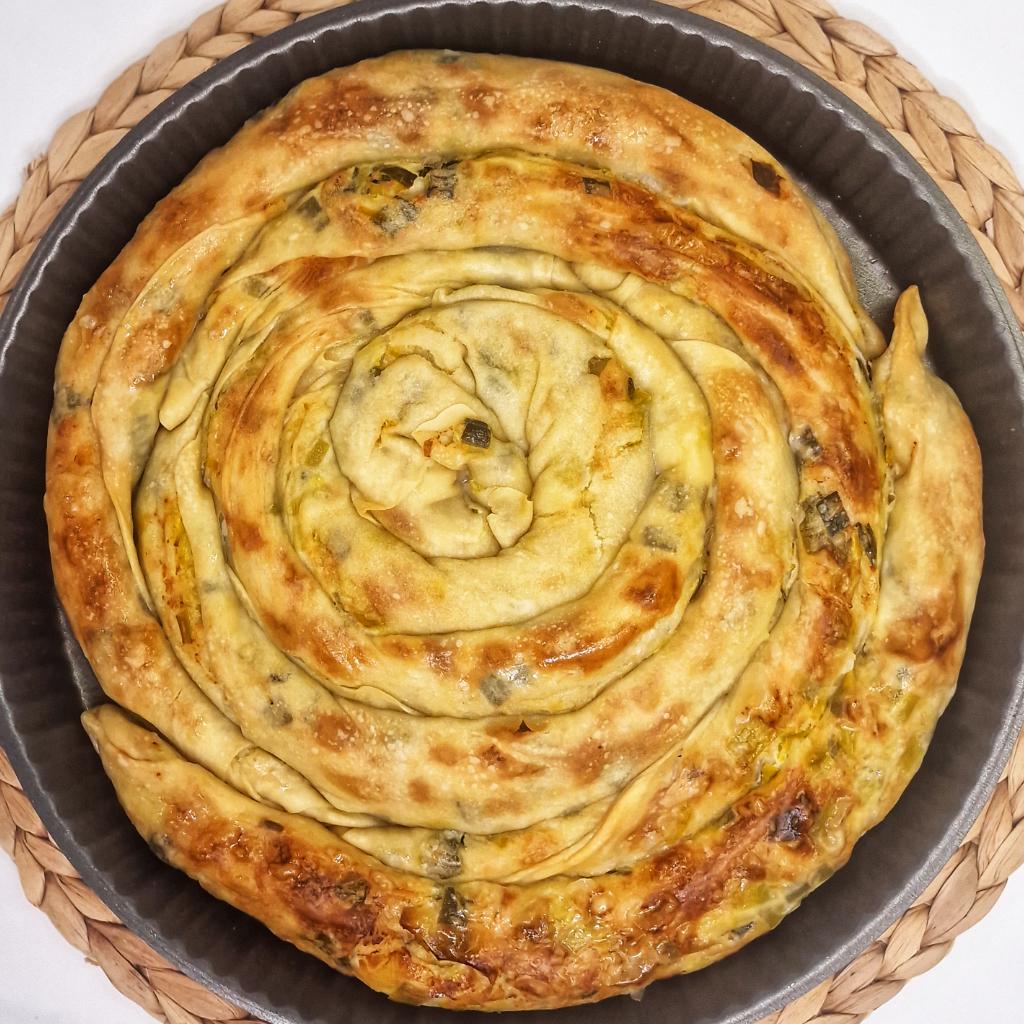
Byrek with leeks and lactose-free ricotta
Persaincucina
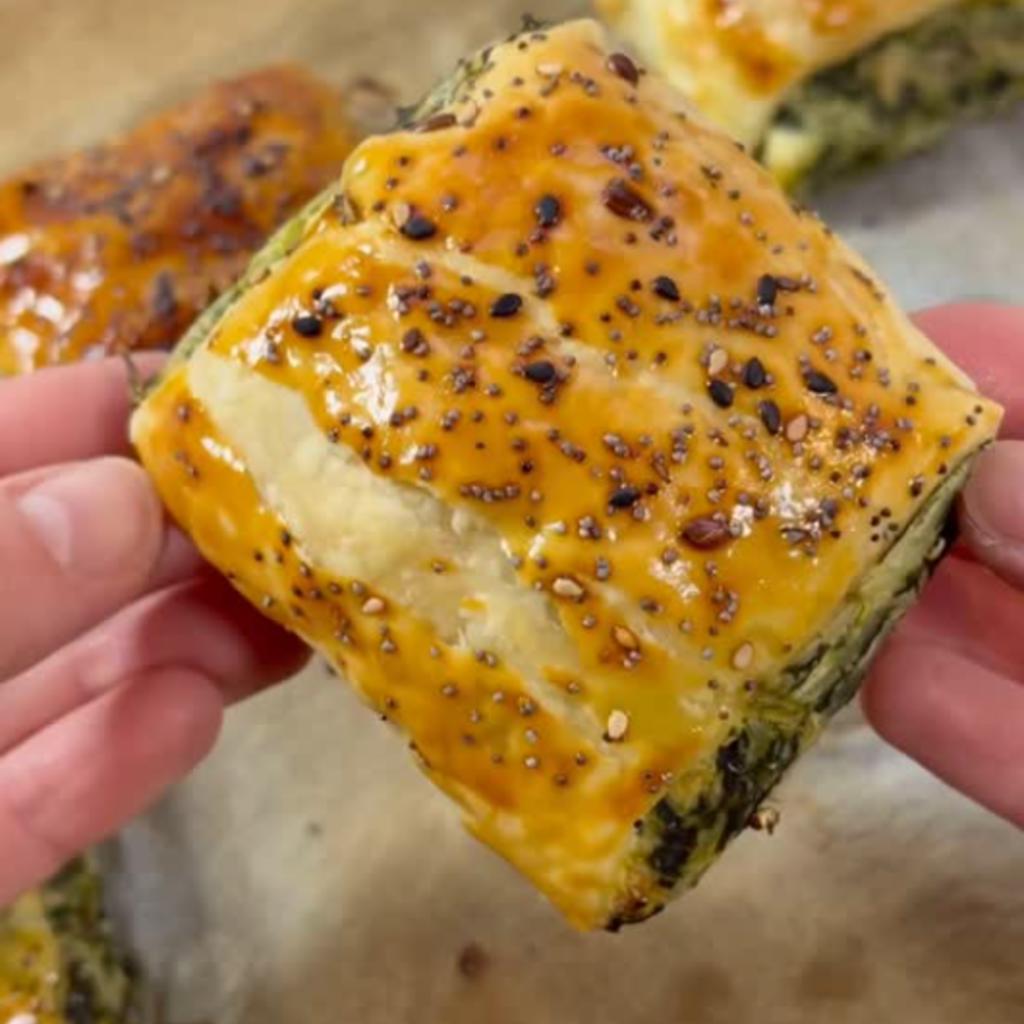

Puff Pastry Parcels with Ricotta and Spinach
Foodiecooklab
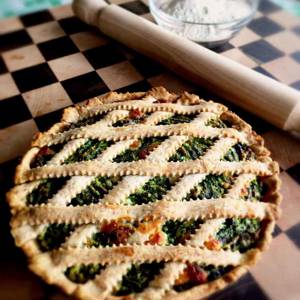

Savory spinach and turmeric porridge
Mariapia - Food Blogger - Economista Salutista


Yogurt cream with raspberries, cocoa, and honey
IoBoscoVivo Srl

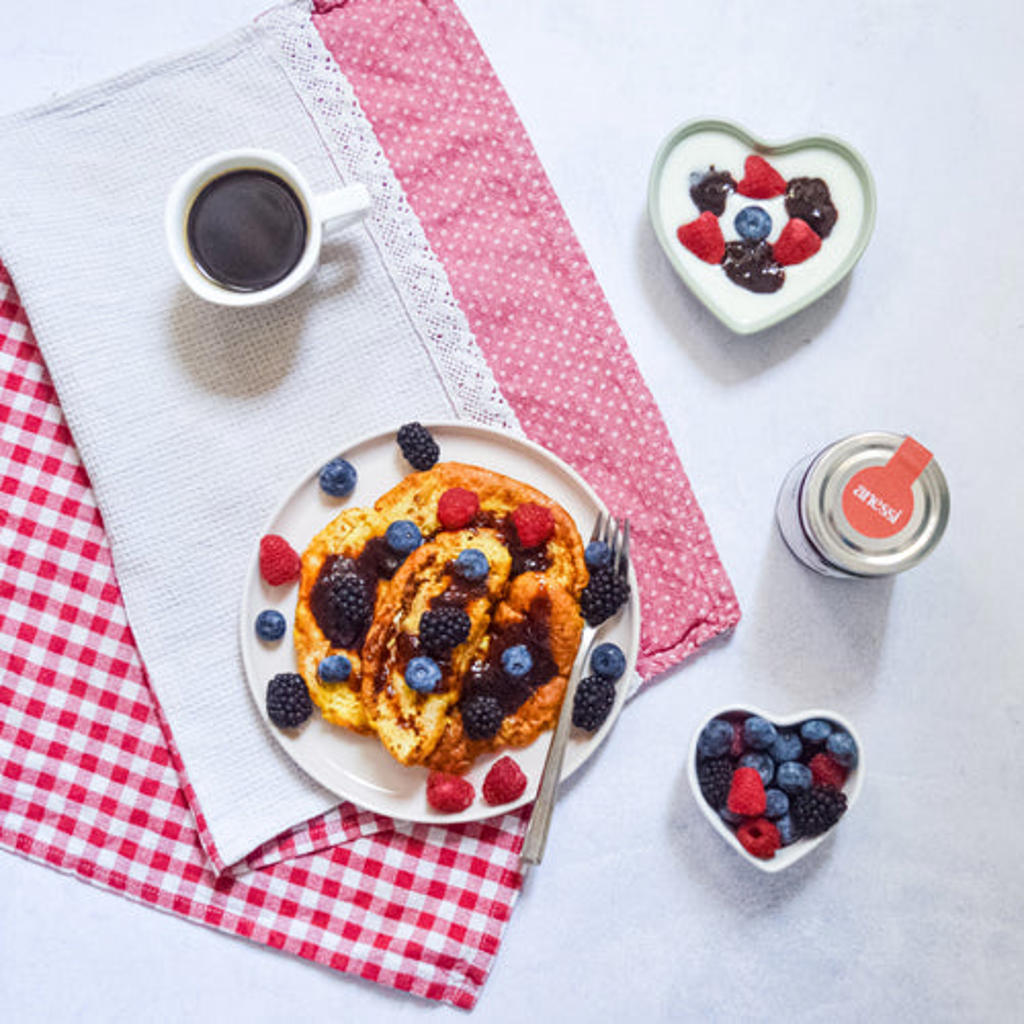


Protein pancakes without sugar
Fitporn® - Healthy Food, Looking Good.
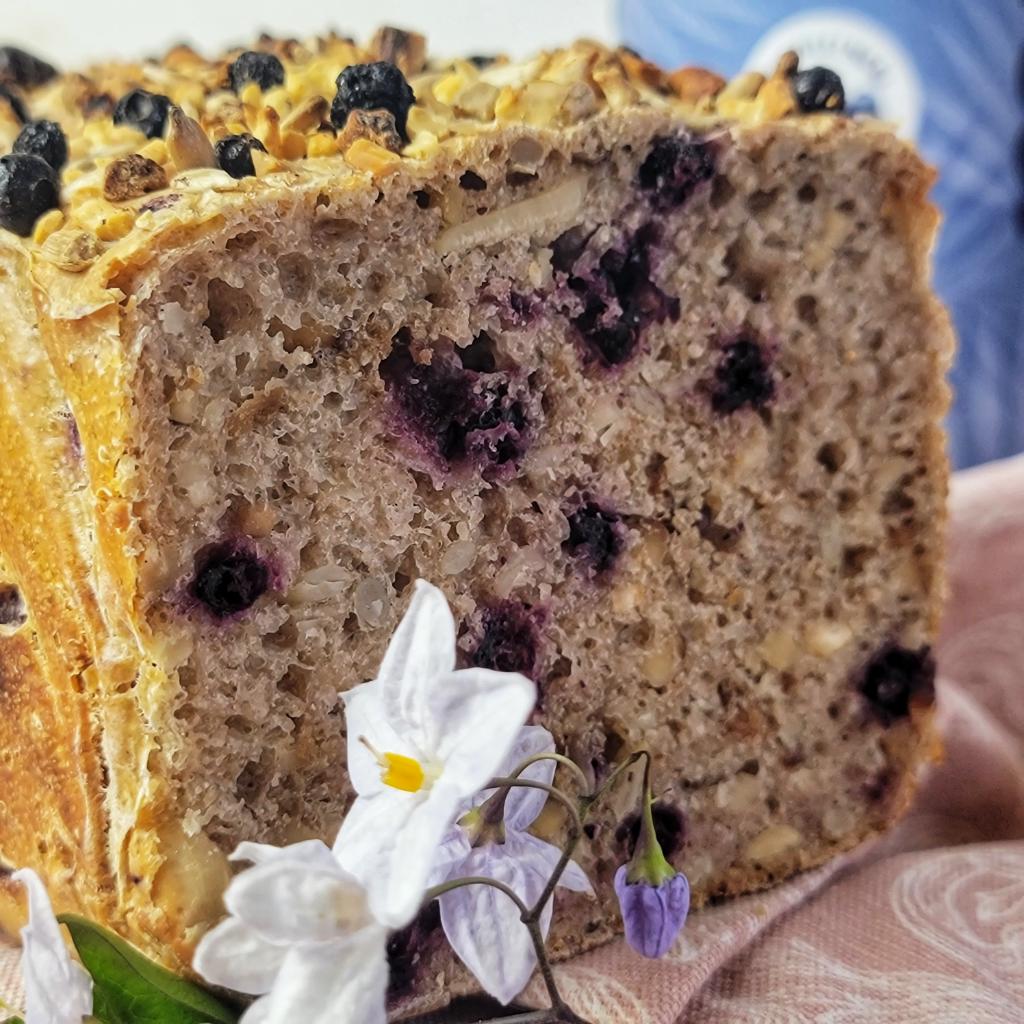
Homemade bread with paleo blueberry muesli
Cucinare_per_te

Soft Chocolate and Cappuccino Brioches
Impasta_con_rosy


Kefir strawberries and collagen
Mariapia - Food Blogger - Economista Salutista
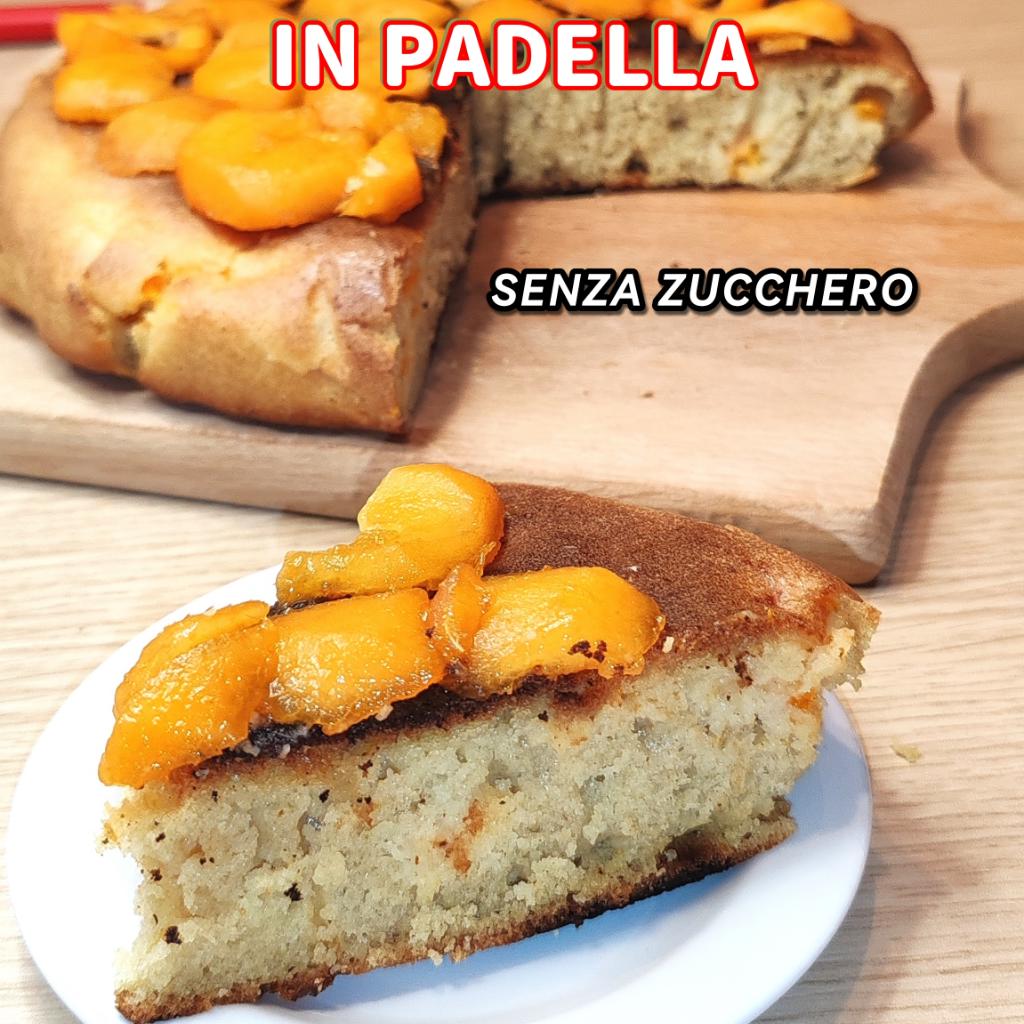
Spuntini.zerosbatti
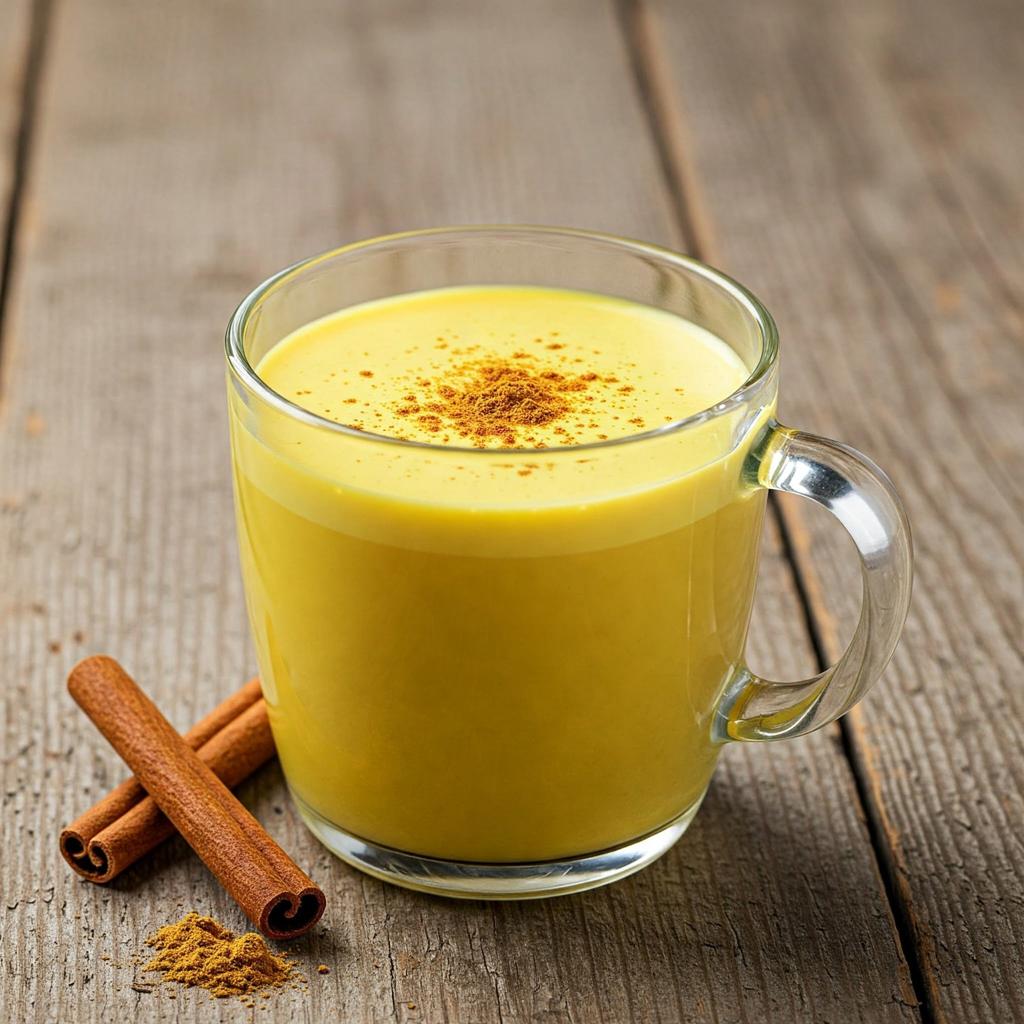

Golden milk with Hericium powder
IoBoscoVivo Srl

Viaggiando Mangiando
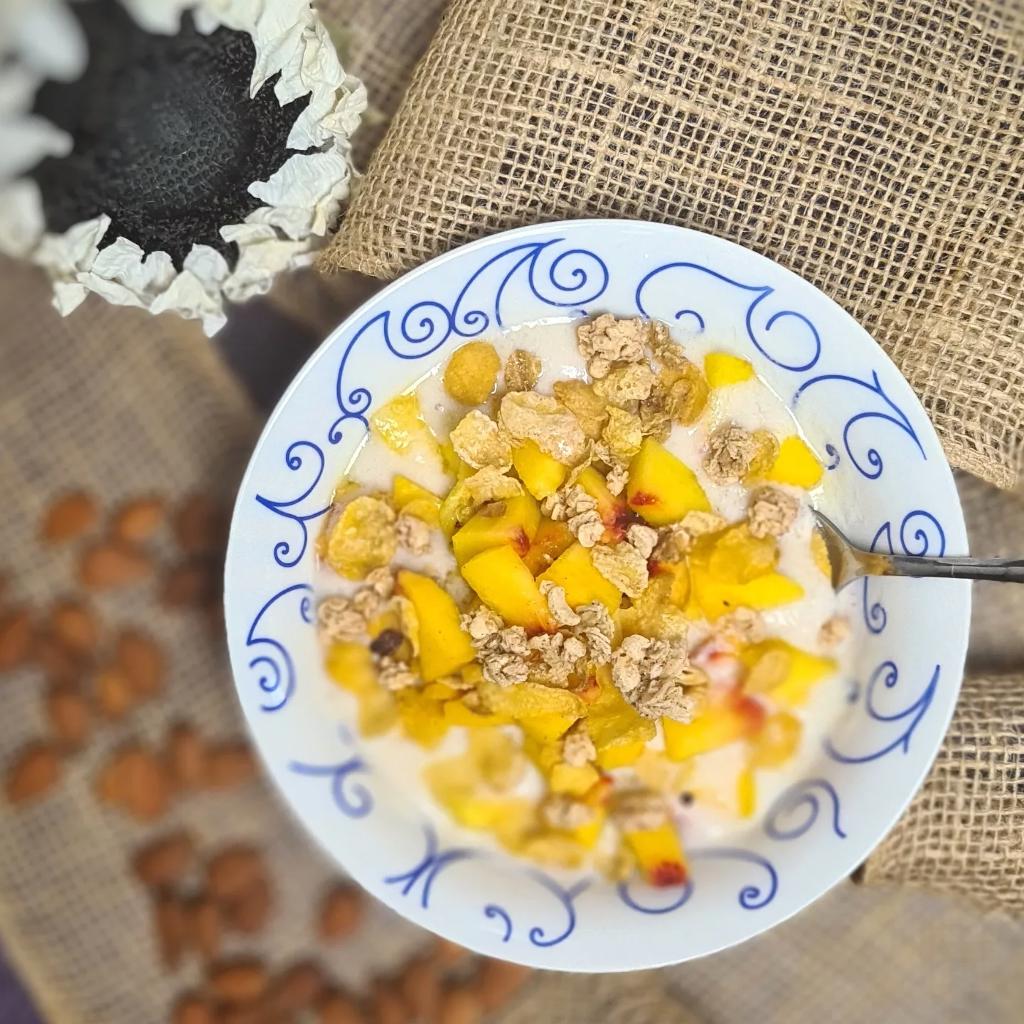
Cucinare_per_te

Viaggiando Mangiando

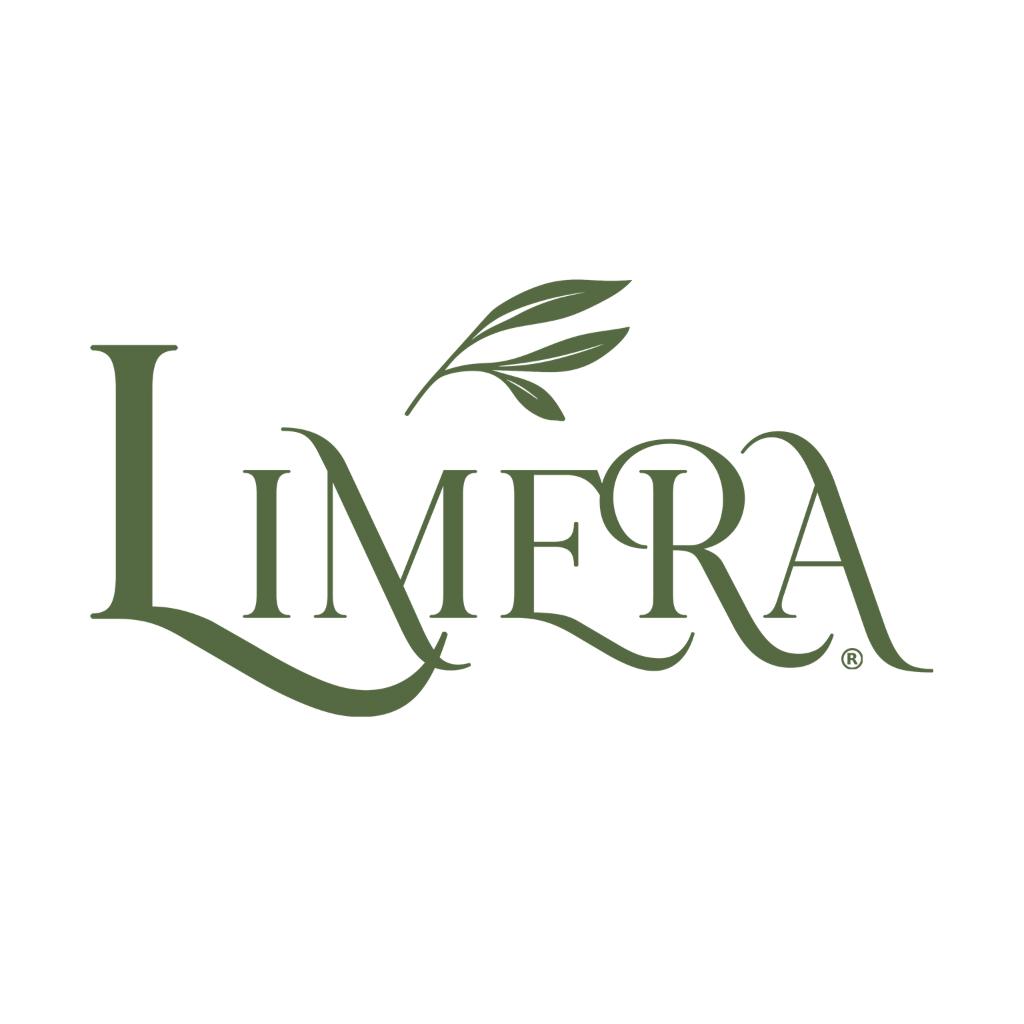
Vegetable Pinzimonio with Limera Oil
Olio Limera

Manu food writer
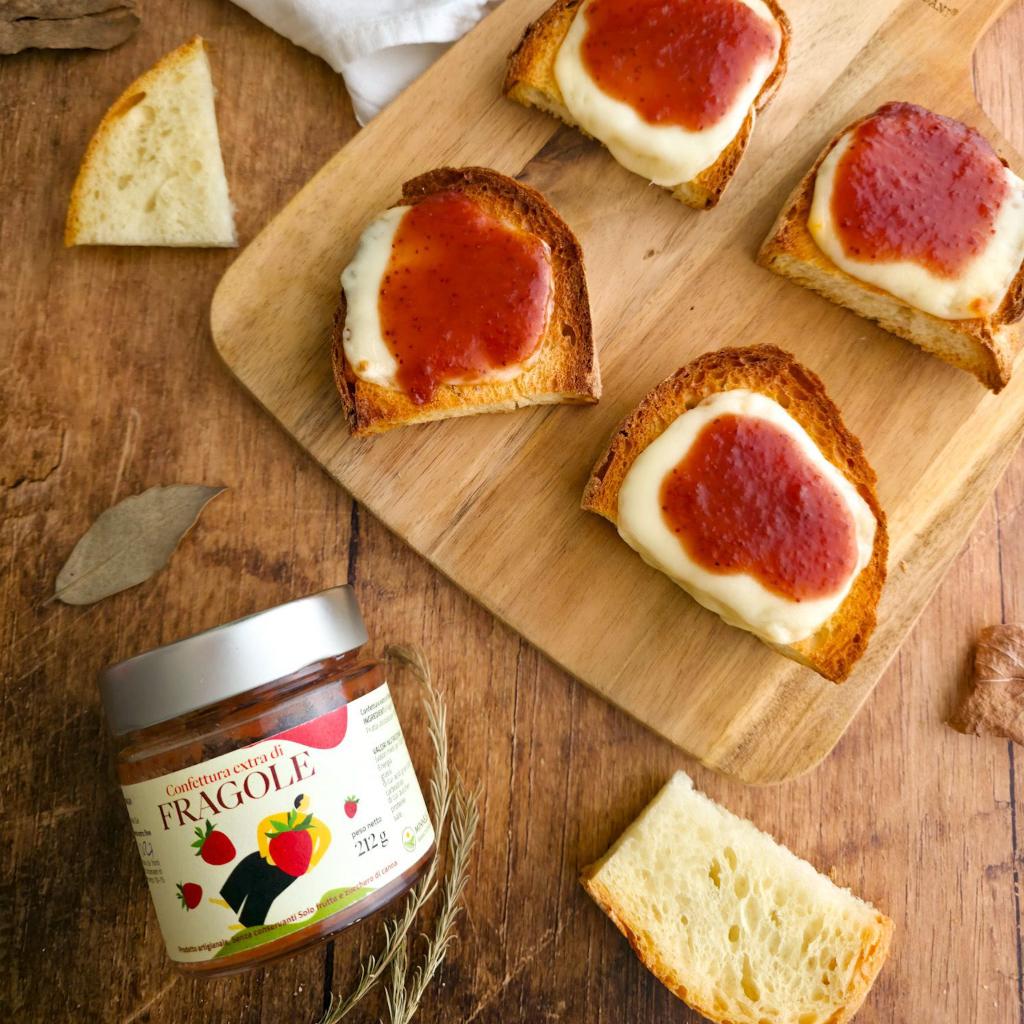
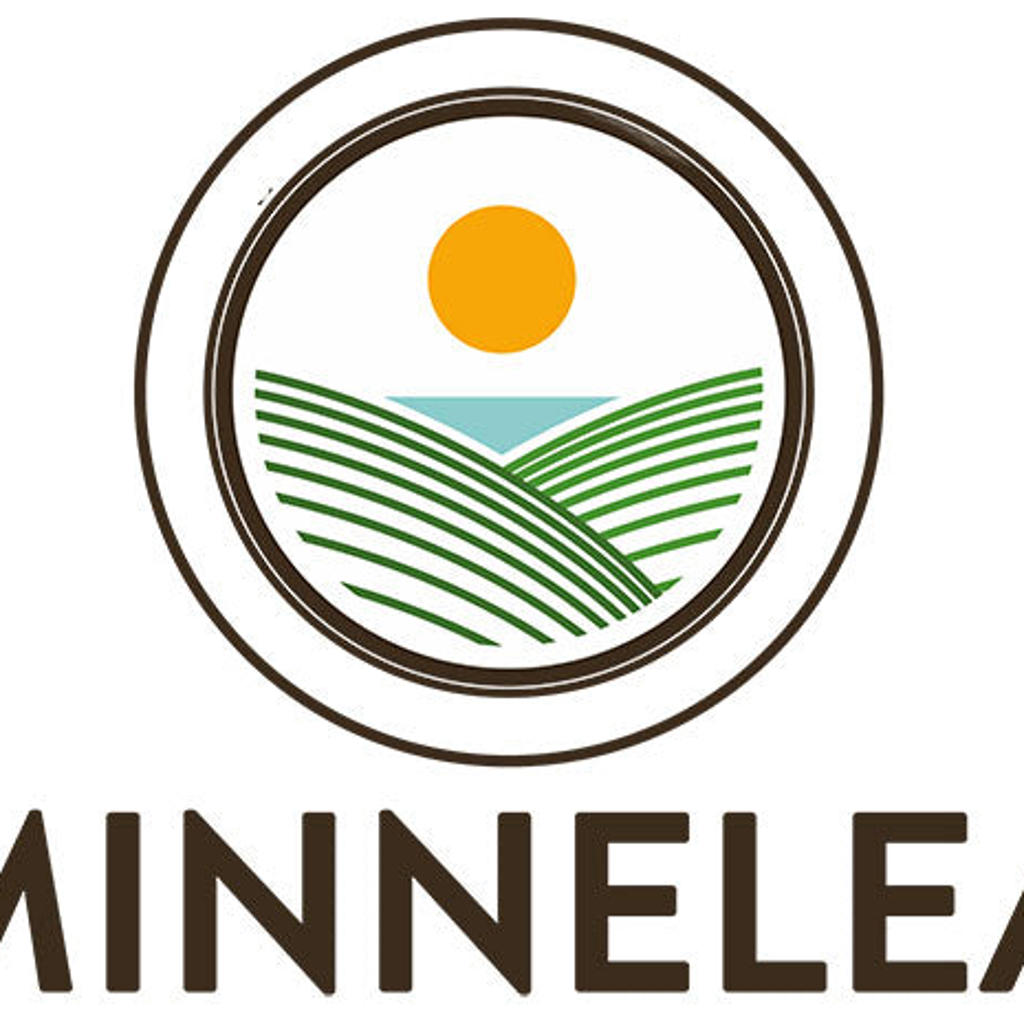
Toasted bread with cheese and strawberry jam
Azienda Agricola Minnelea

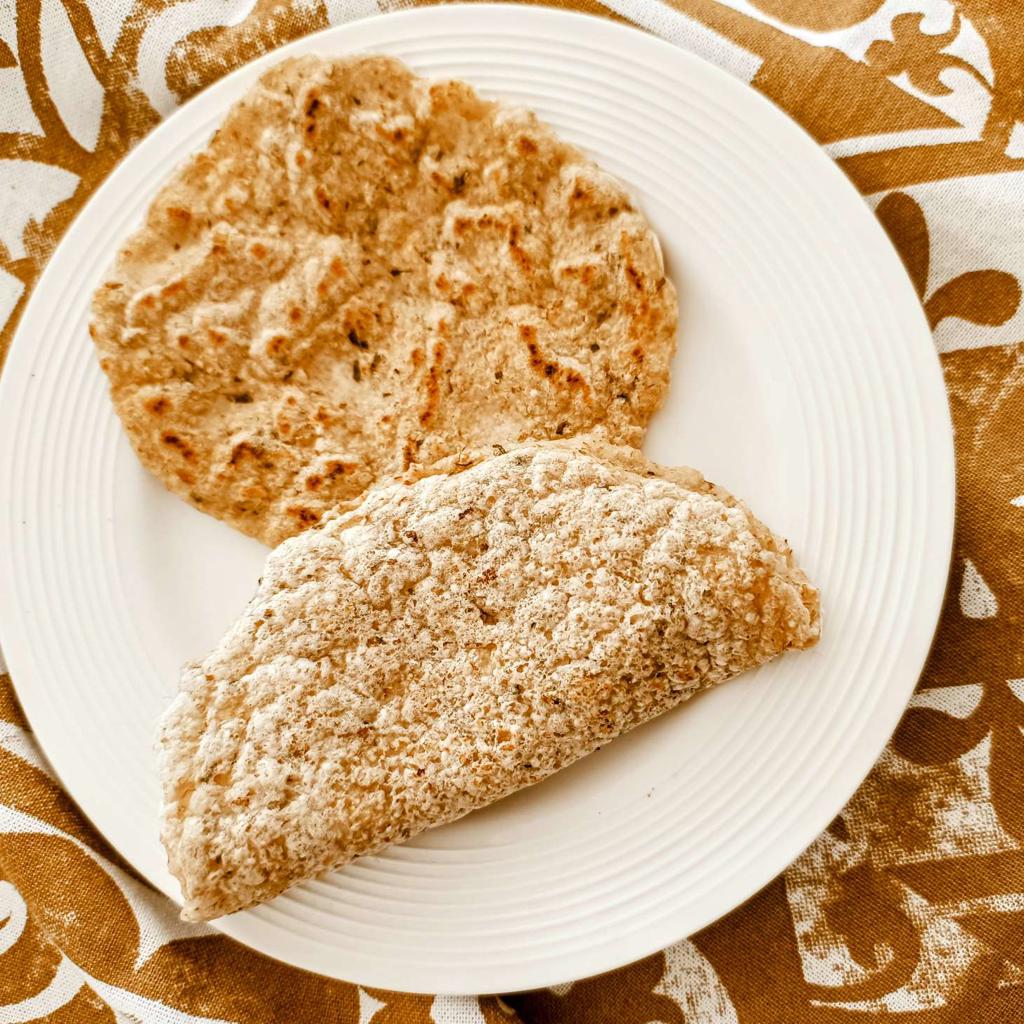
Mariapia - Food Blogger - Economista Salutista
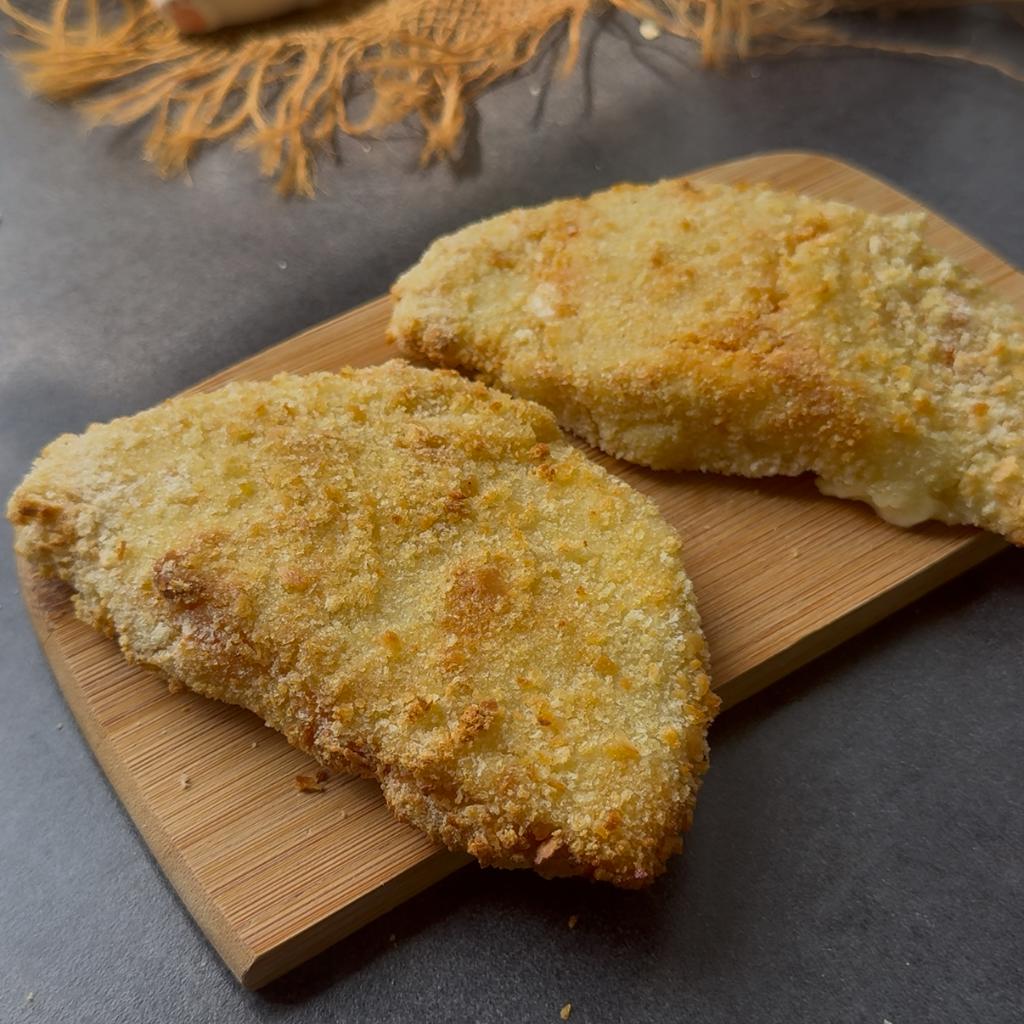
EASYCLARISSA
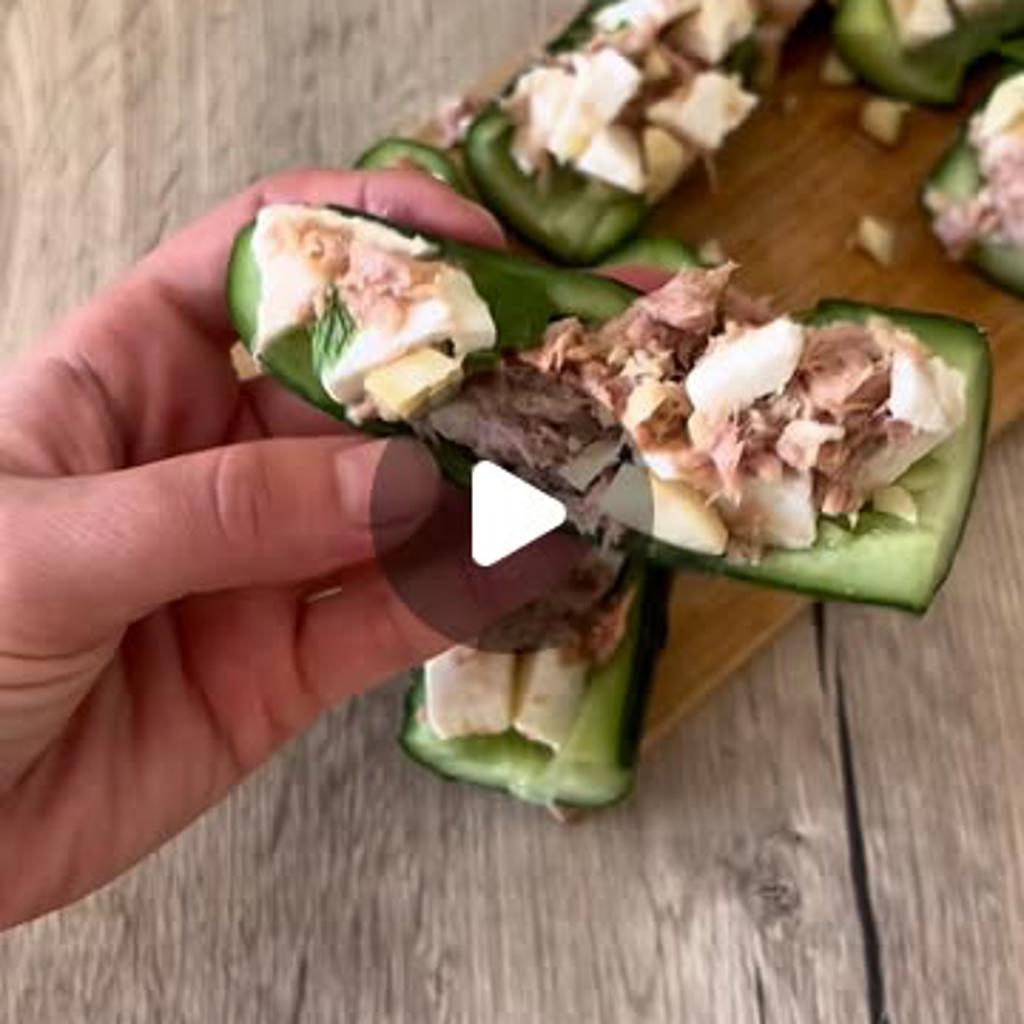

Farro with spinach without butter and without cheese
Mariapia - Food Blogger - Economista Salutista

Red Lentil Soup with Coconut Milk
MescolaBene
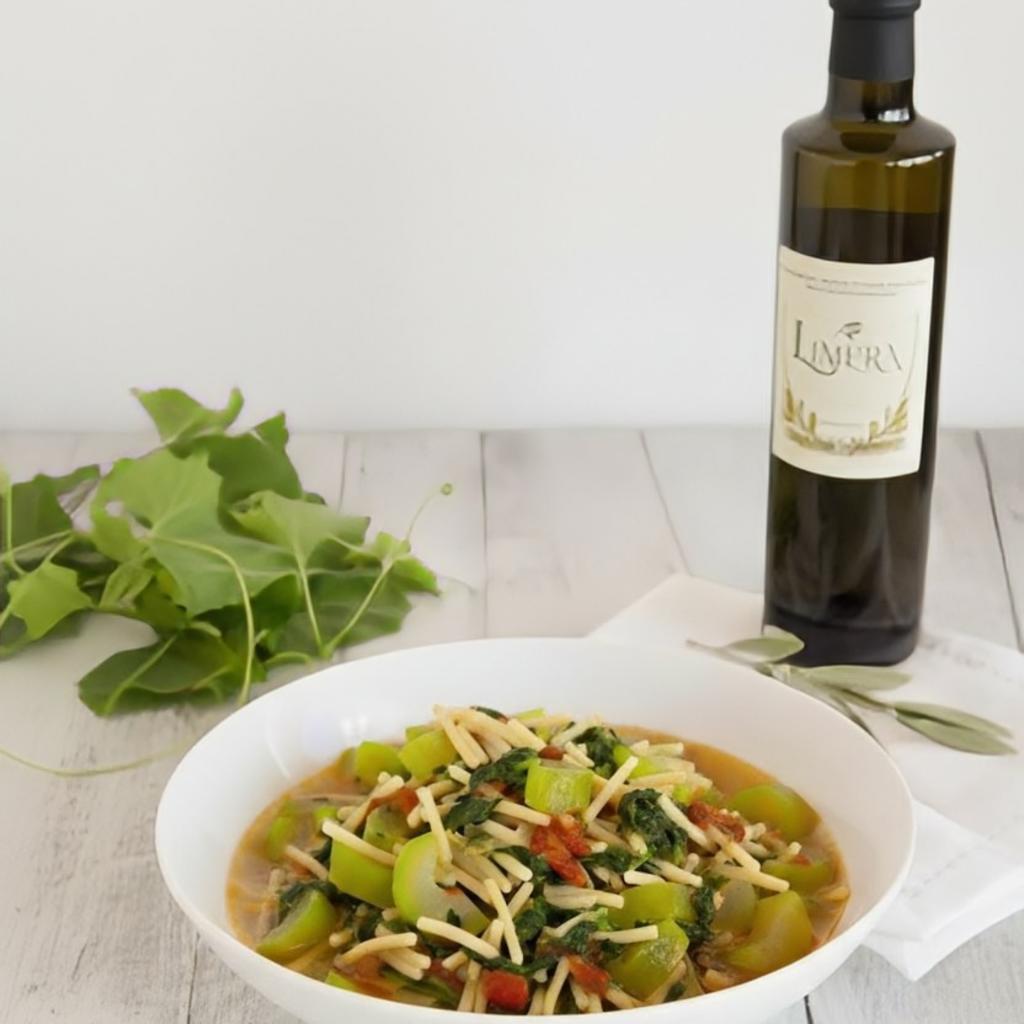

Pasta with Sicilian Tenerumi and Limera Oil
Olio Limera
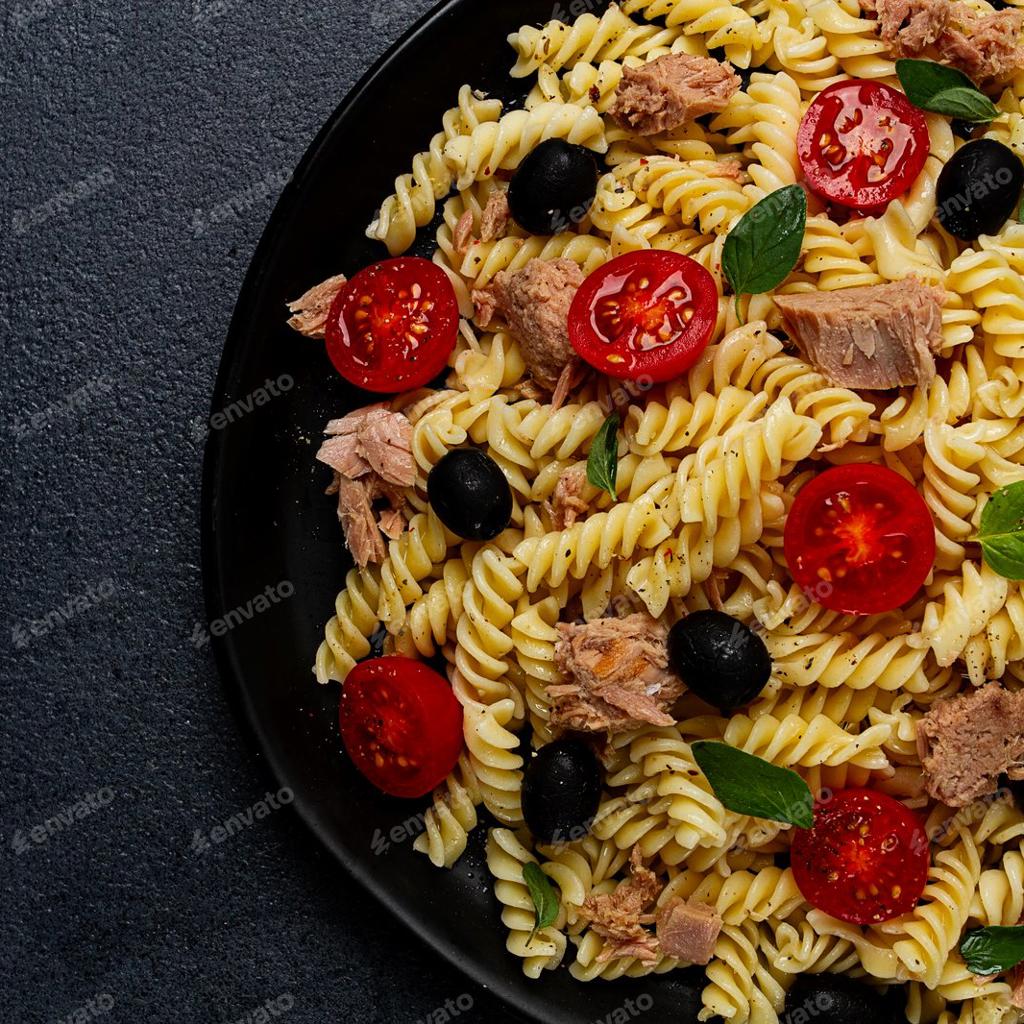

Cold Pasta with Tuna, Olives and Cherry Tomatoes
Gourmet Exports

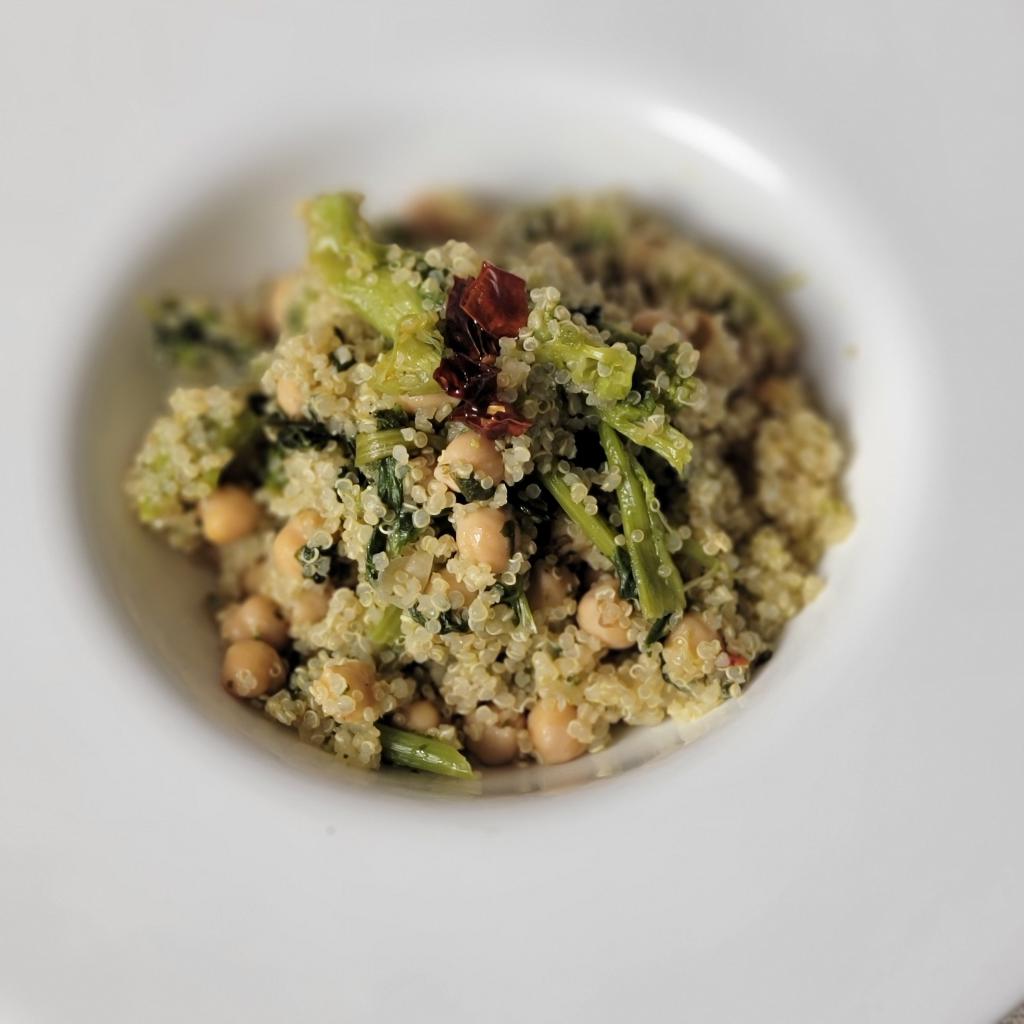
Quinoa with turnip tops and chickpeas
Cucinare_per_te

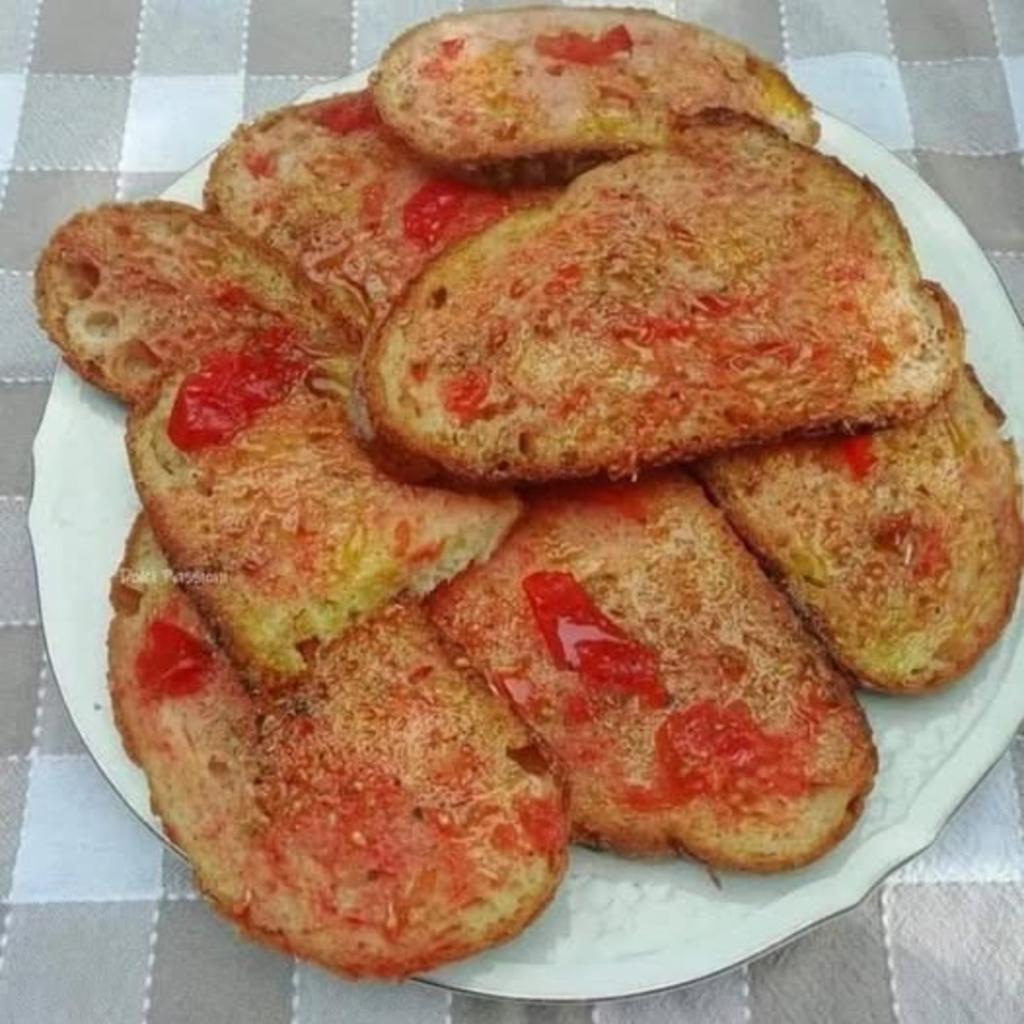
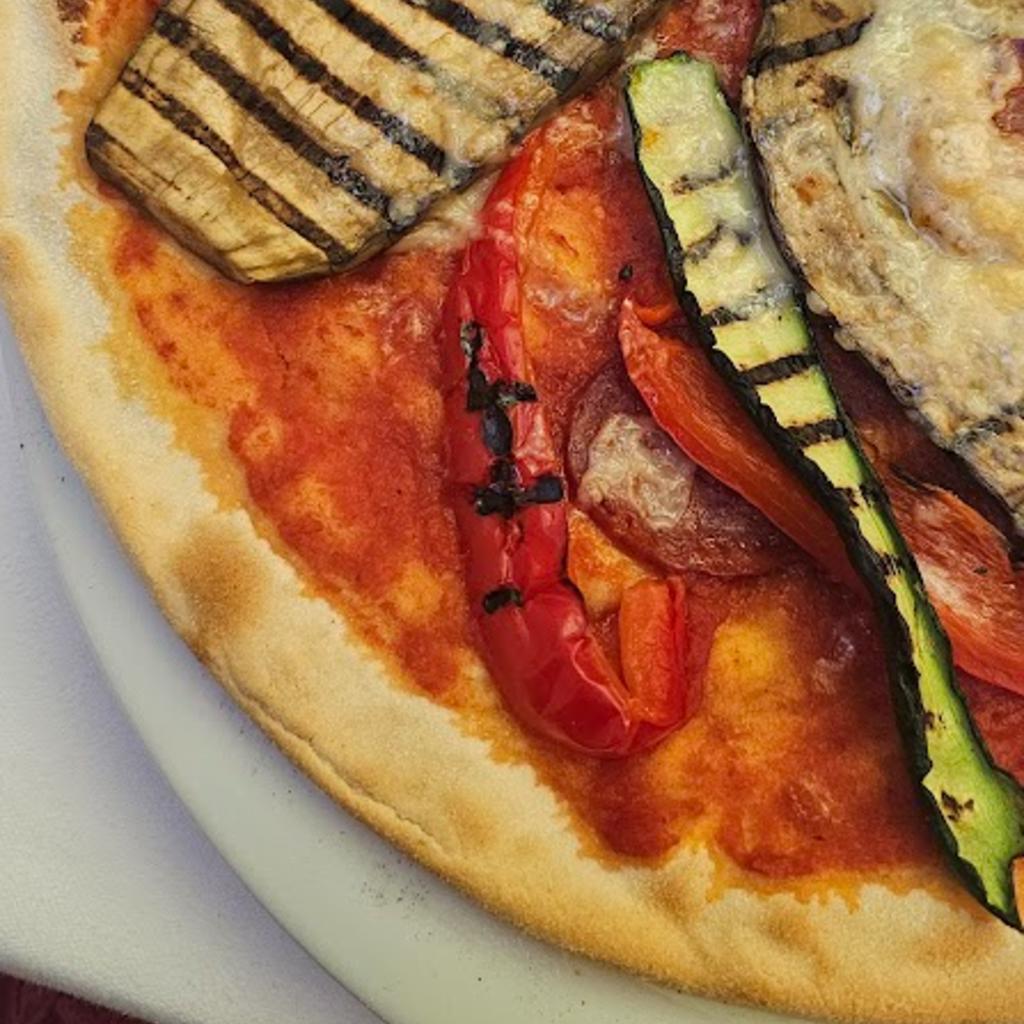
Gluten and Lactose-Free Pizza with High and Crispy Crust
Elena|CeliachiaStanca
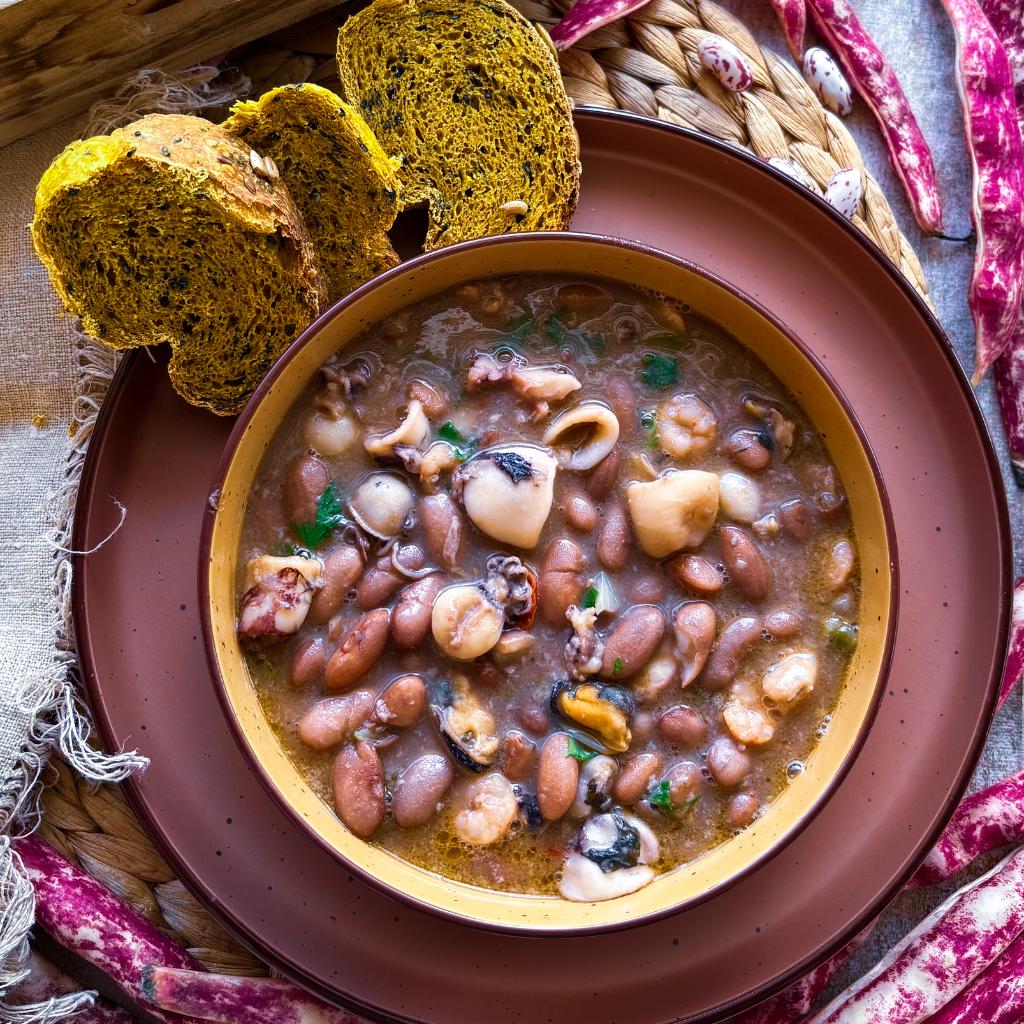
Impasta_con_rosy
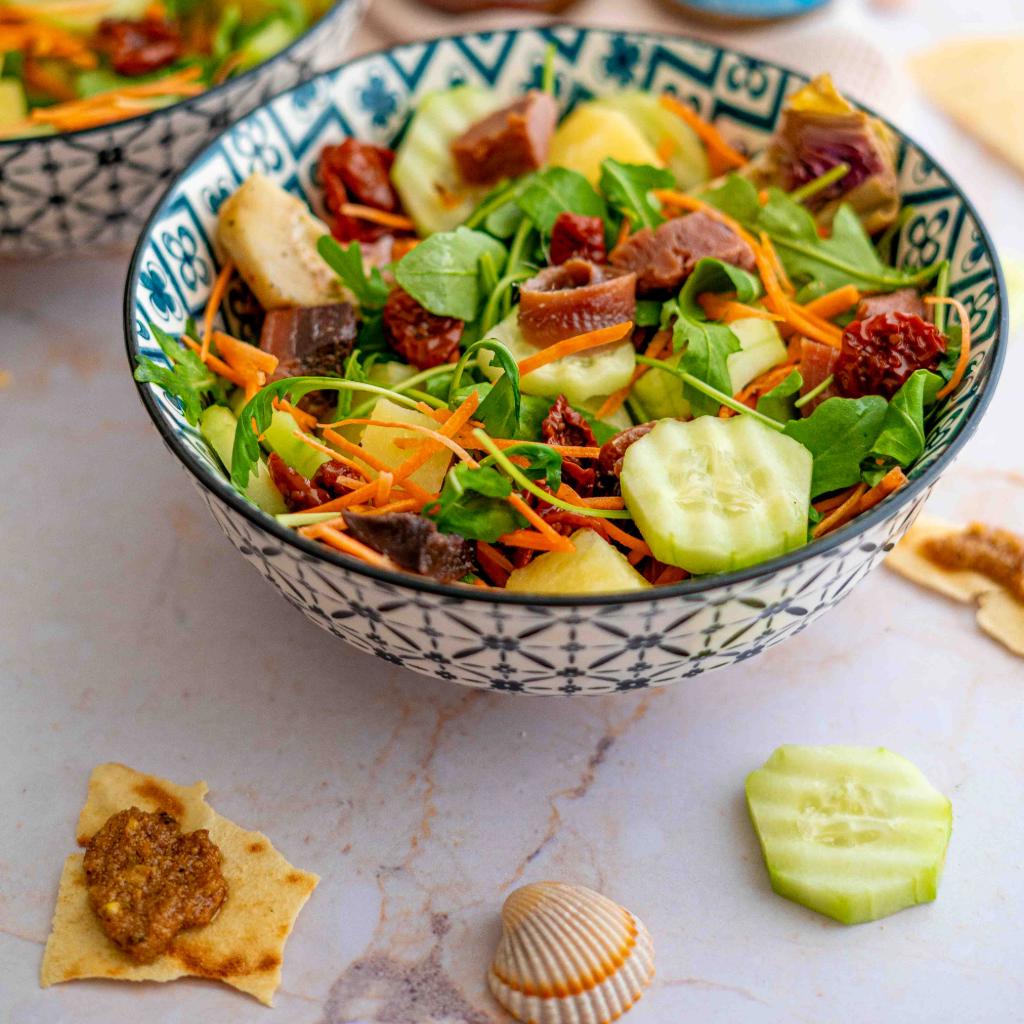
Manu food writer
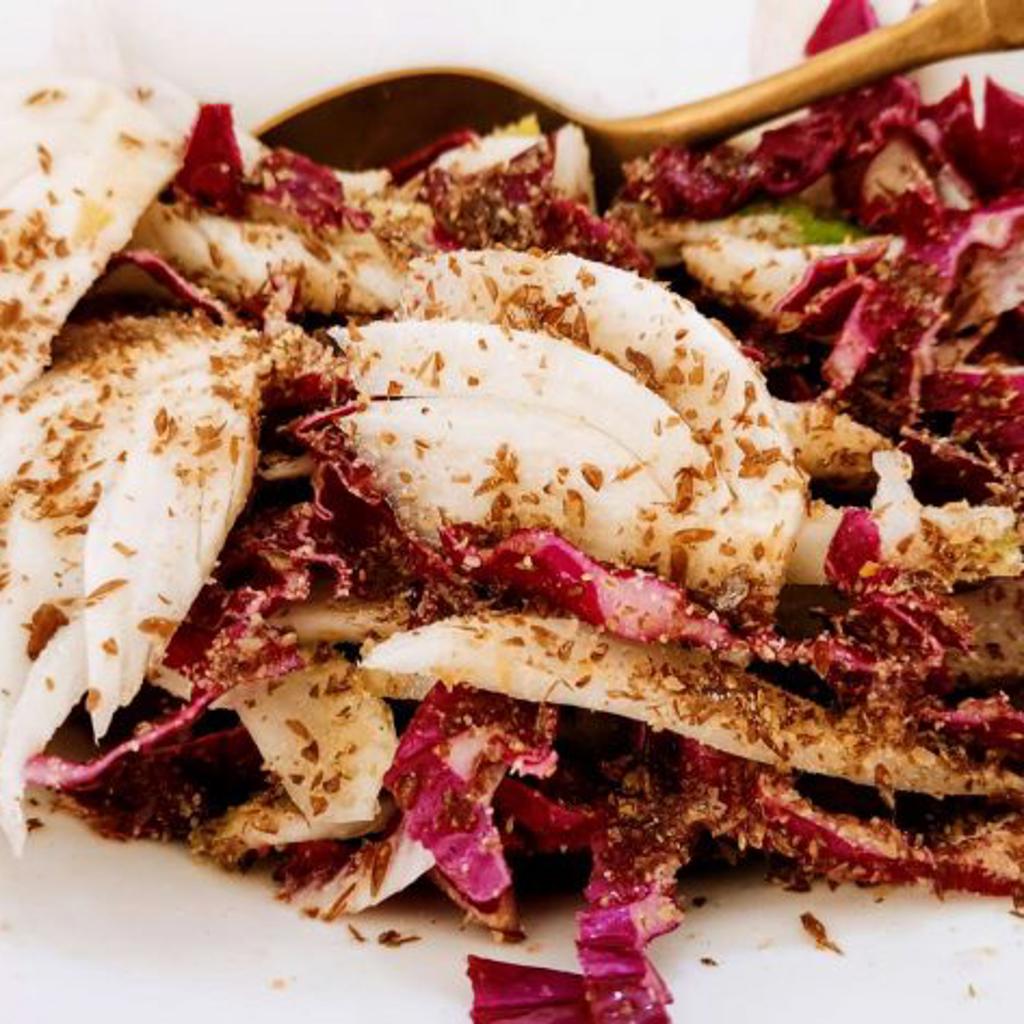
Fennel and Purple Cabbage Salad with Ground Flaxseeds
Mariapia - Food Blogger - Economista Salutista
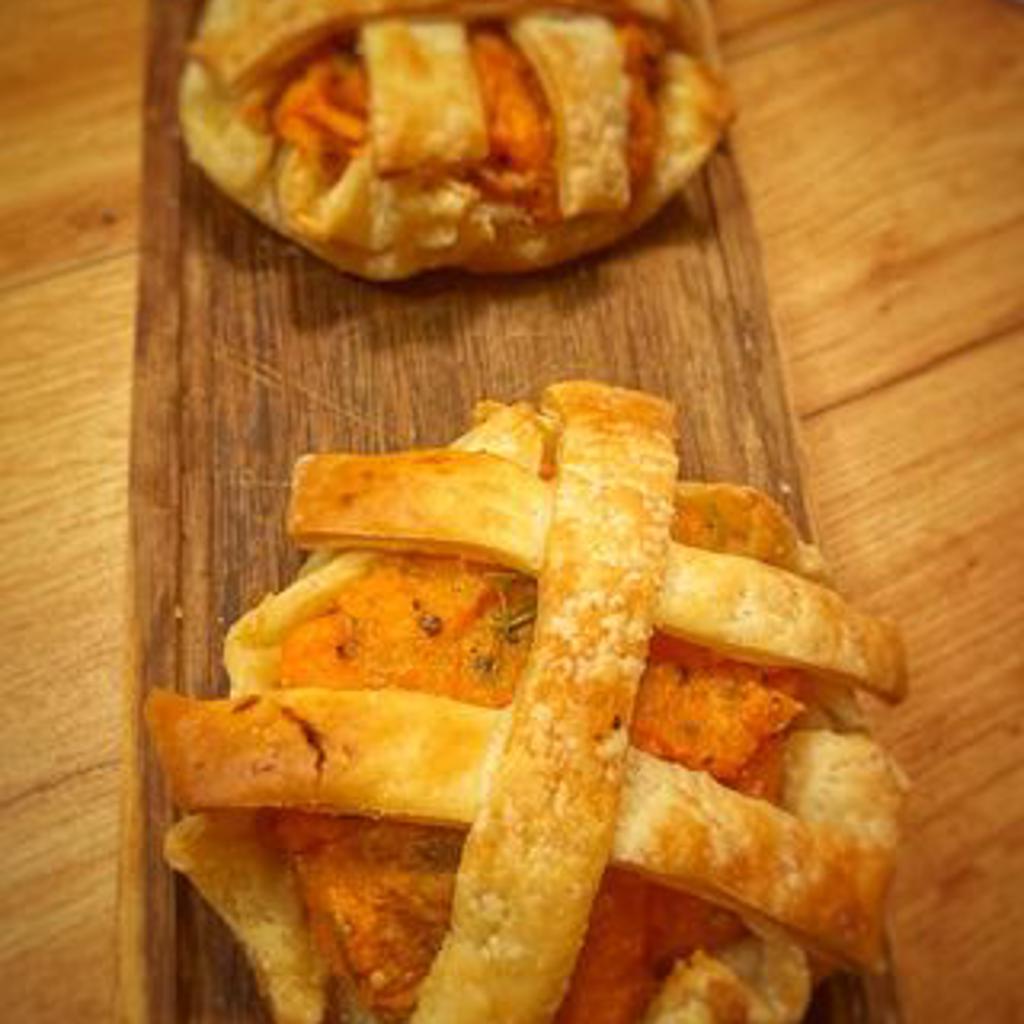
Sweet Potato Gluten-Free Tarts
Viaggiando Mangiando
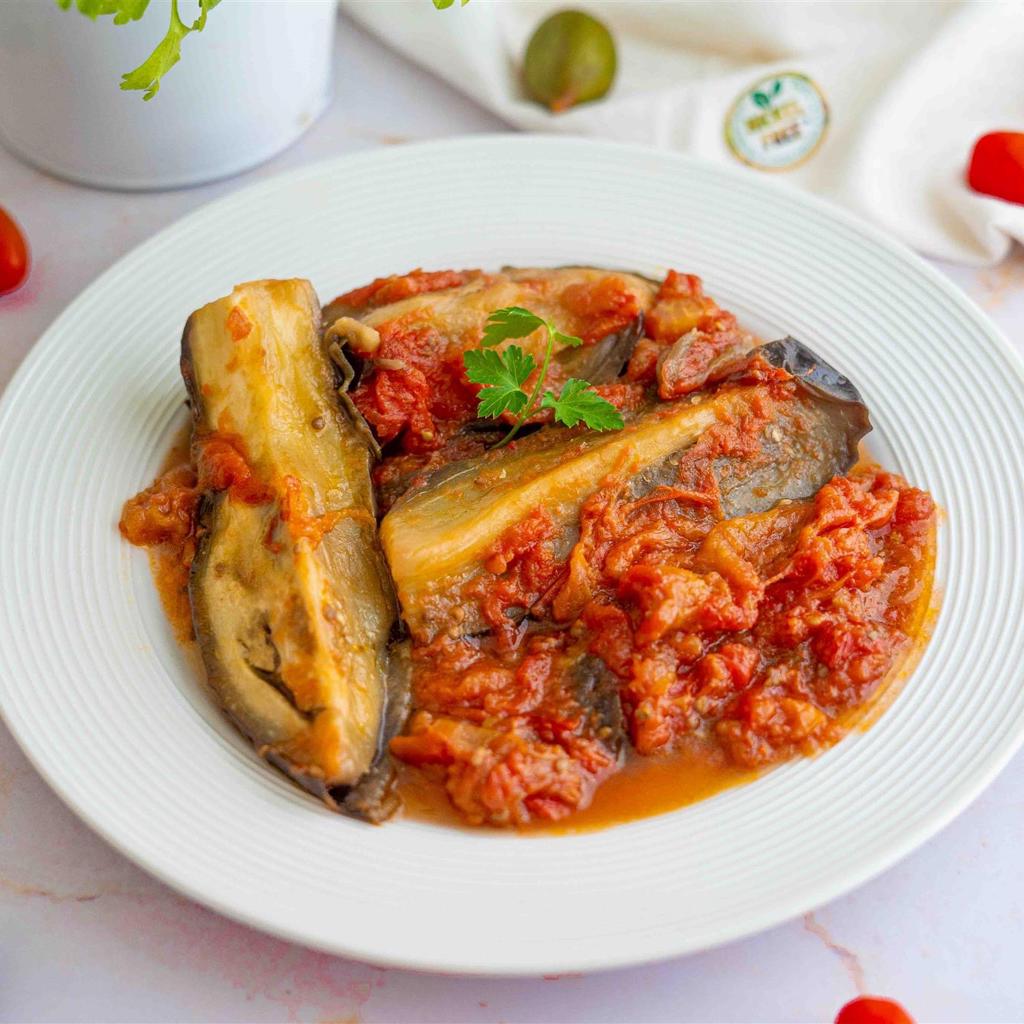
Manu food writer
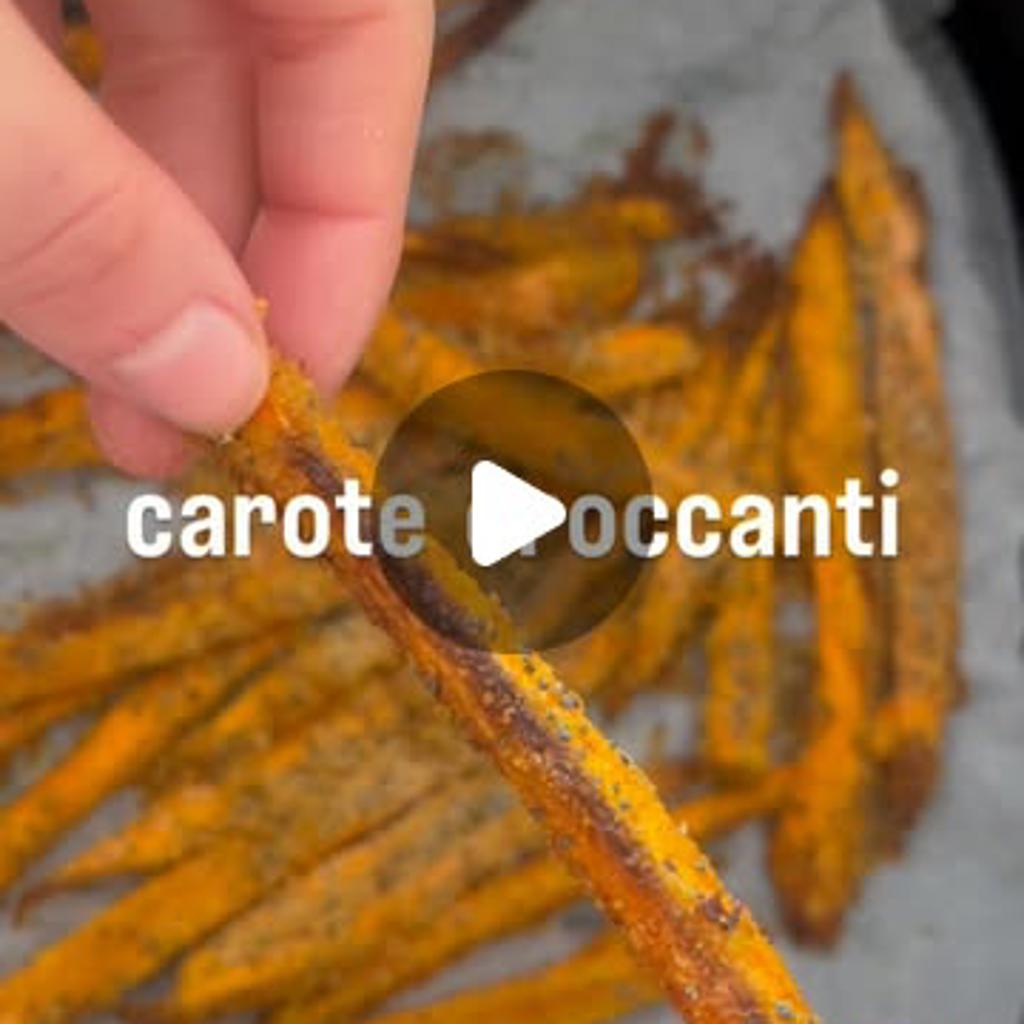
Crunchy Oven or Air Fryer Carrots
MescolaBene
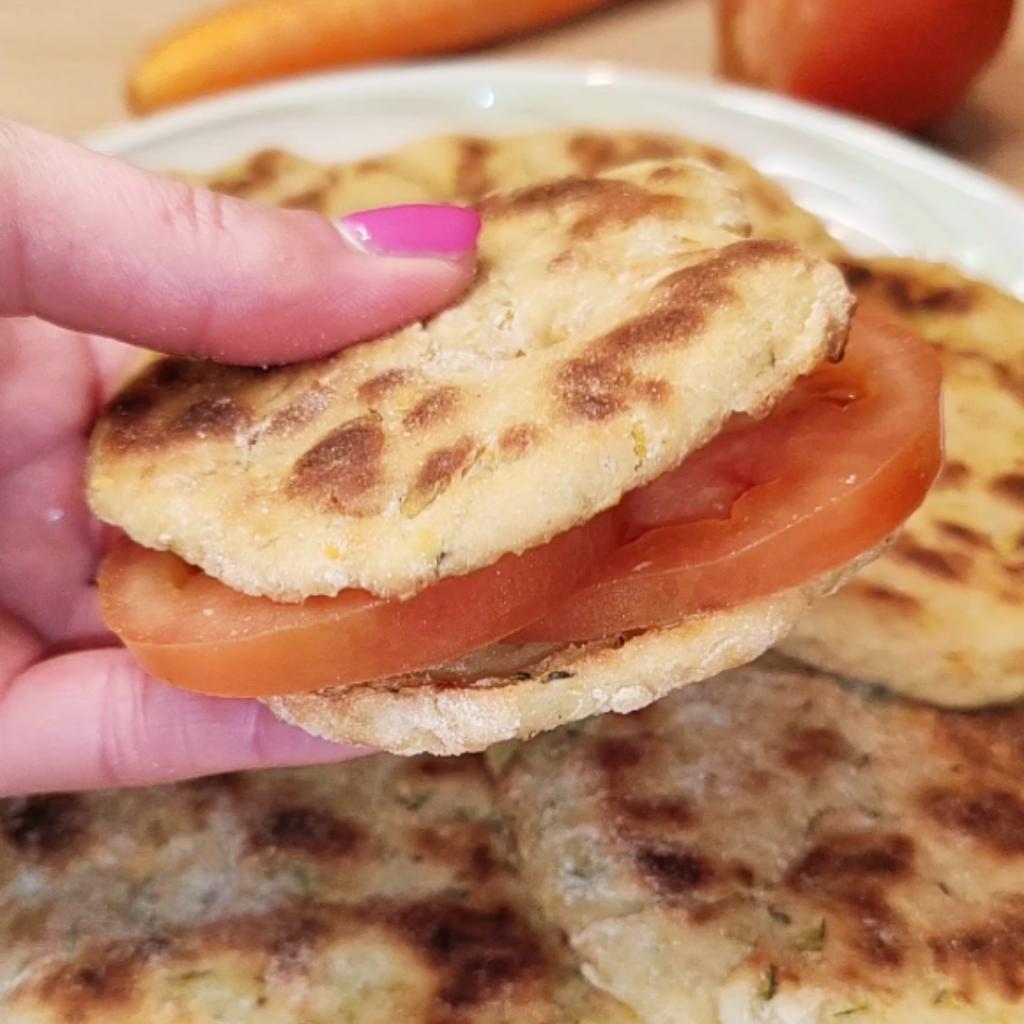
Spuntini.zerosbatti
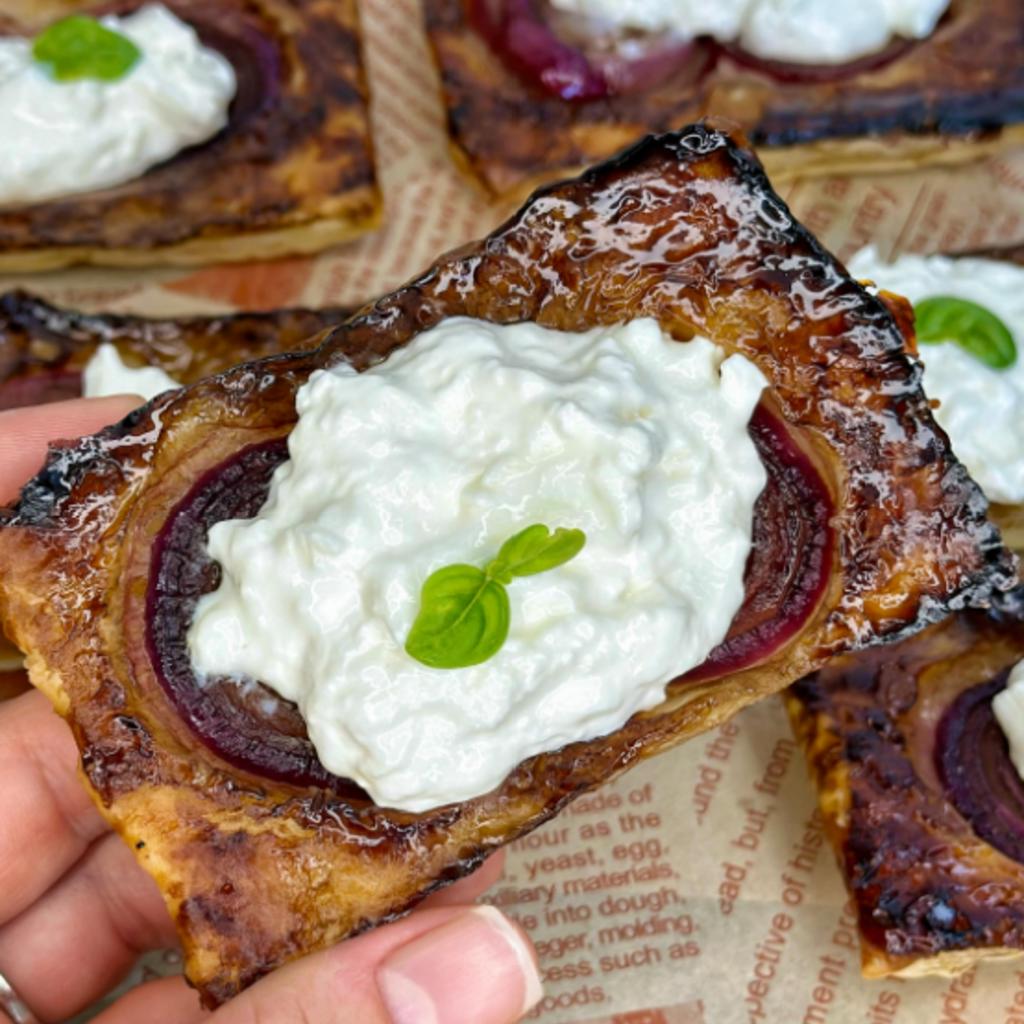

Mini caramelized onion and stracciatella tarte tatin
Foodiecooklab
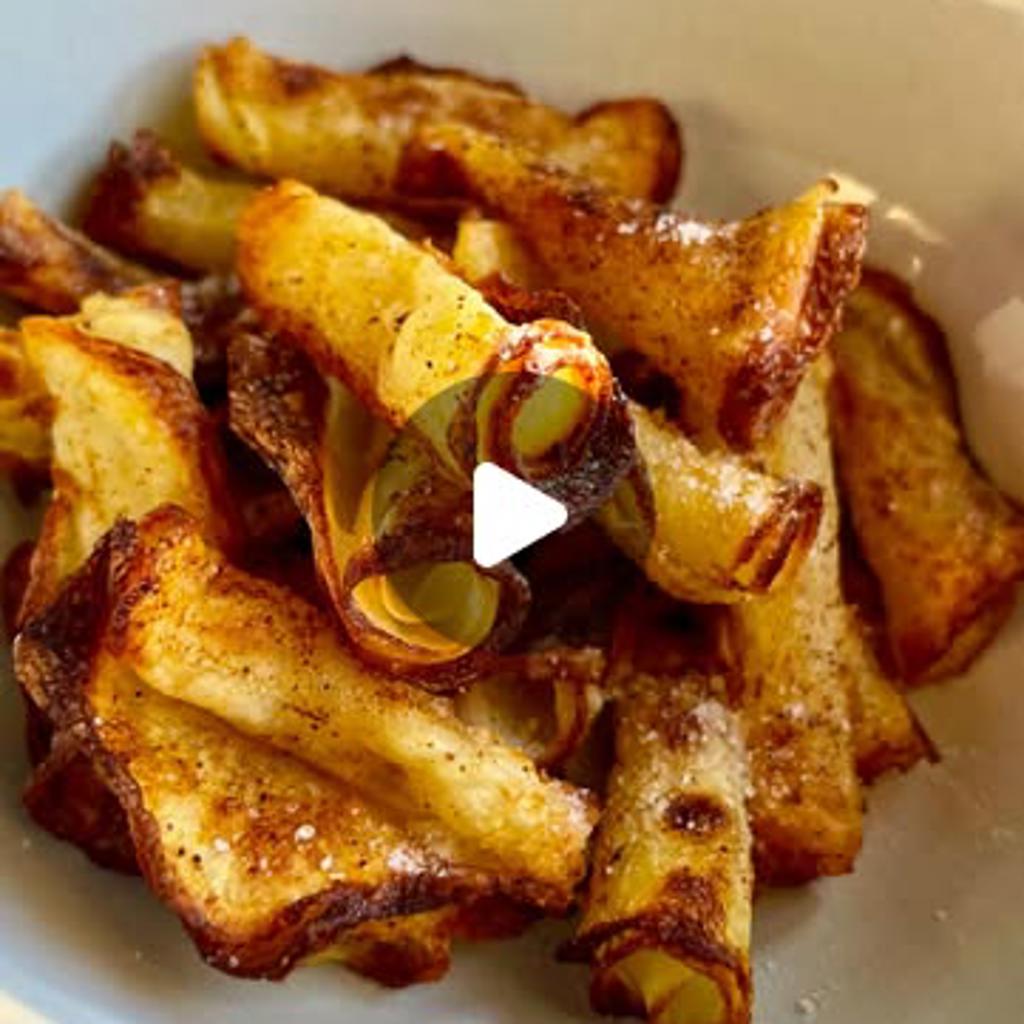
Ultra Crispy Non-Fried Potato Chips
Ilmiopiattoacolori
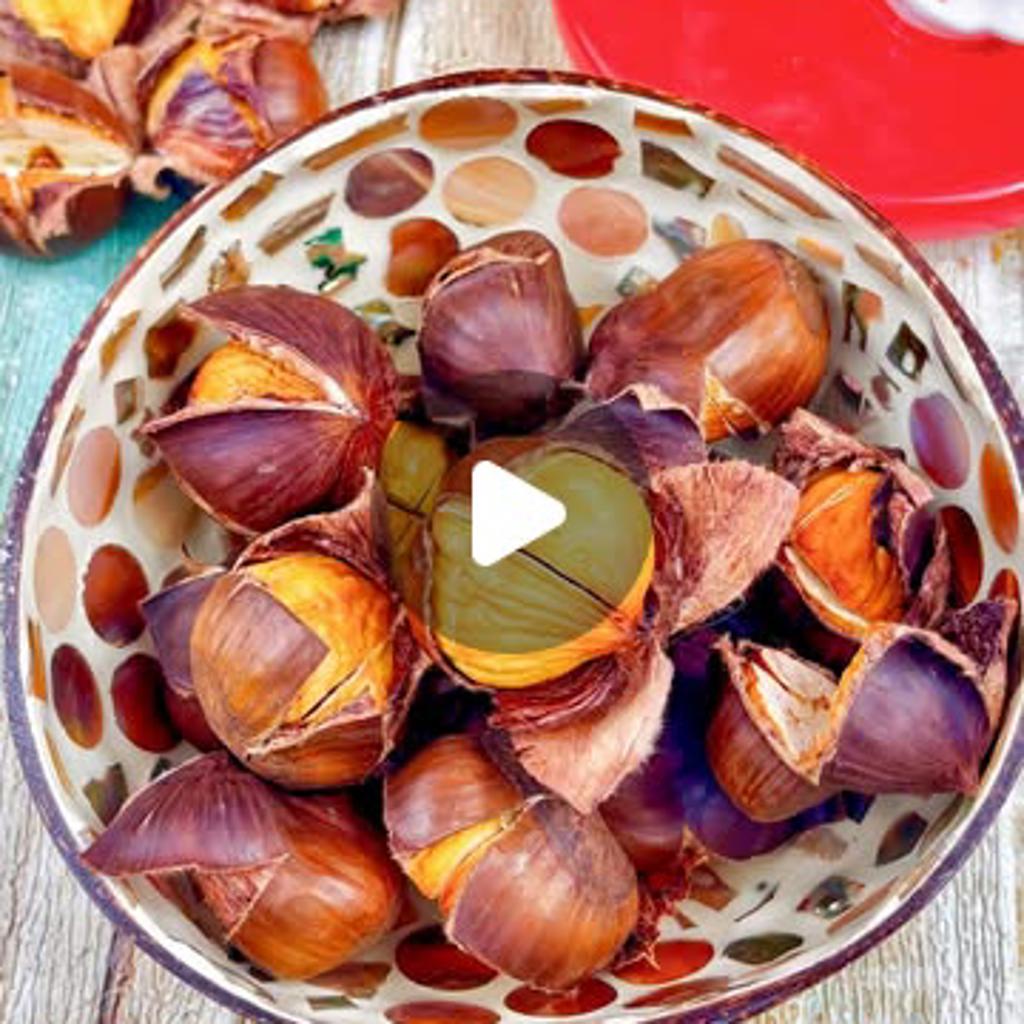
Francy.fitness.passion
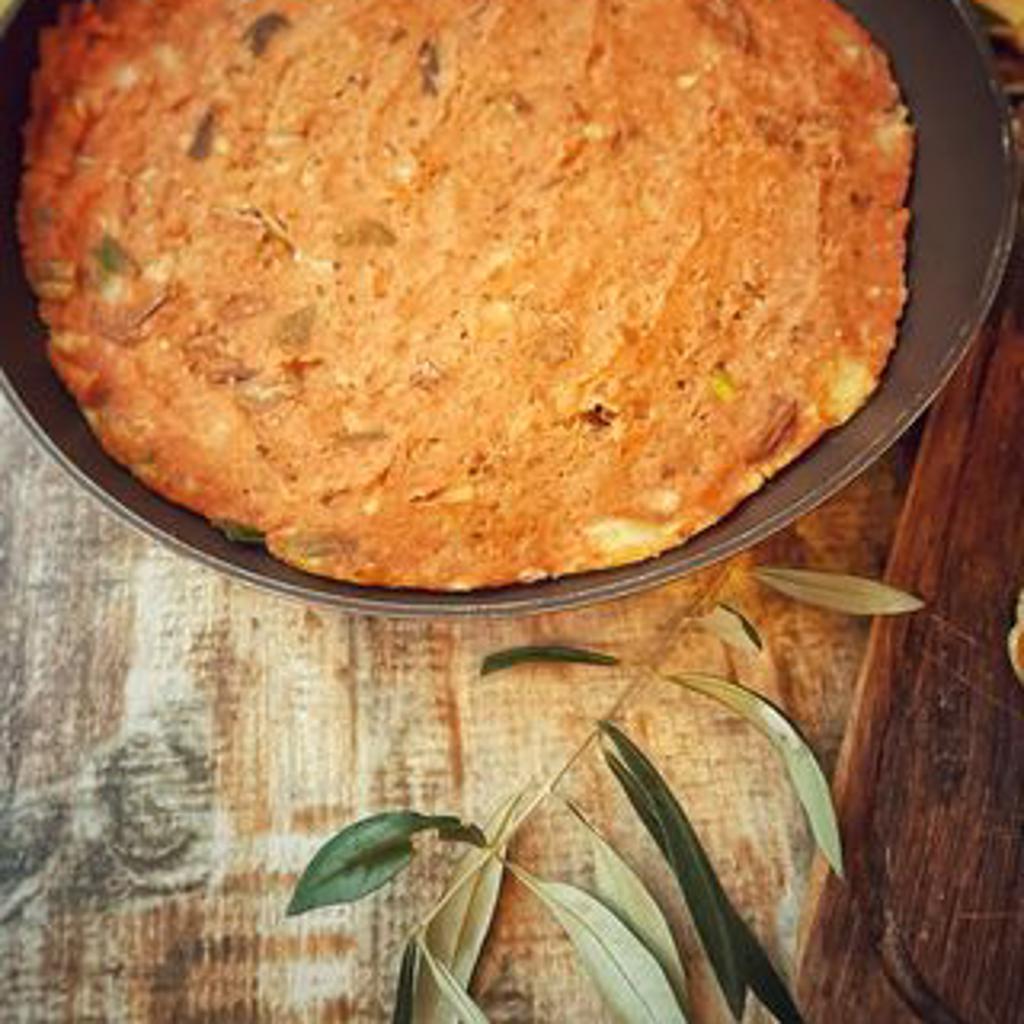
Viaggiando Mangiando
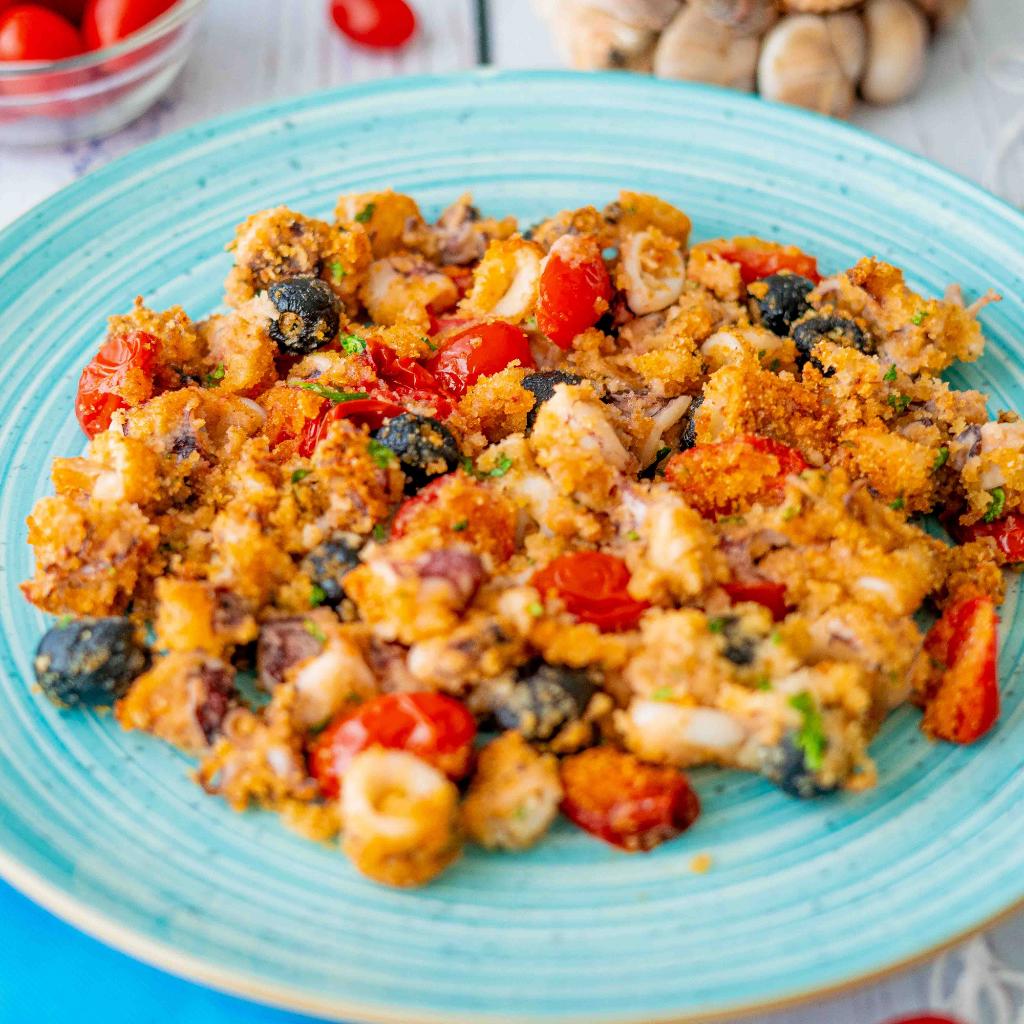
Manu food writer
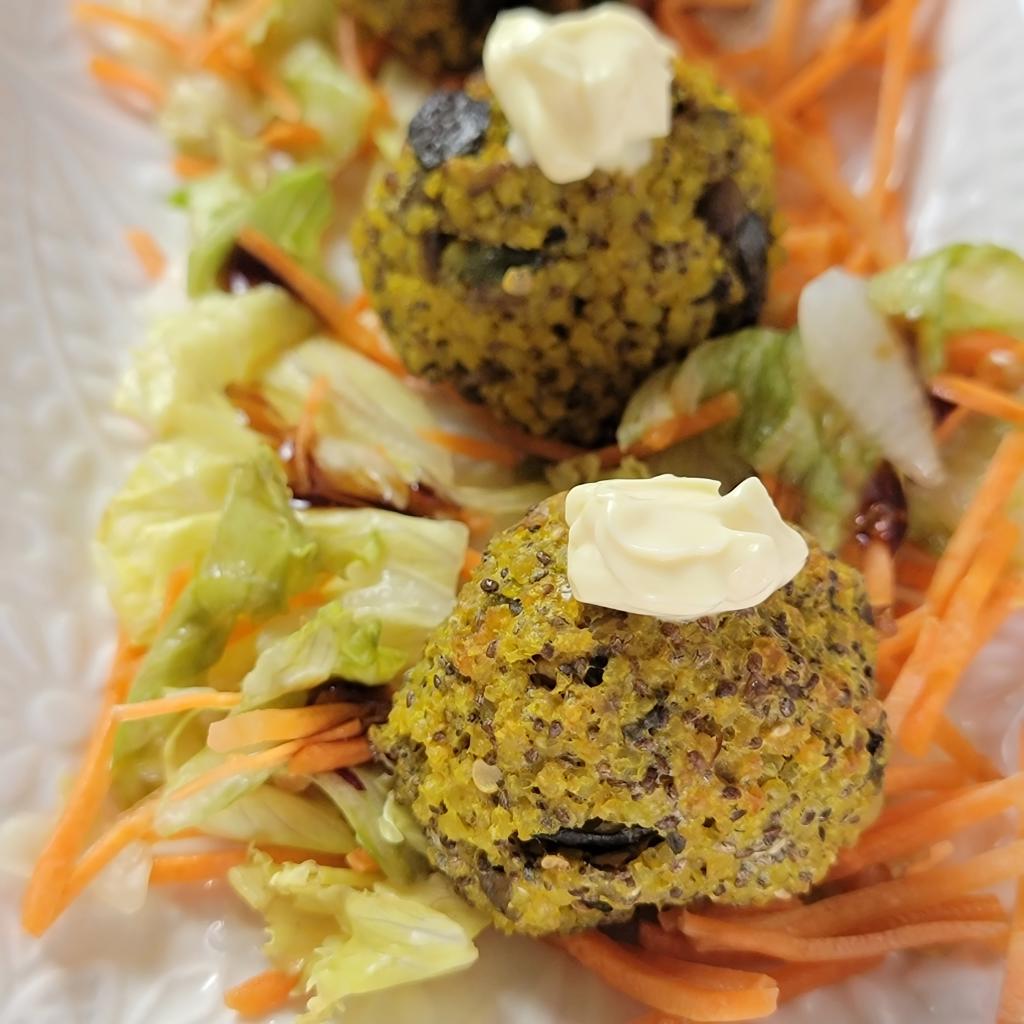
Millet balls with vegetables, chickpeas and curry
Cucinare_per_te
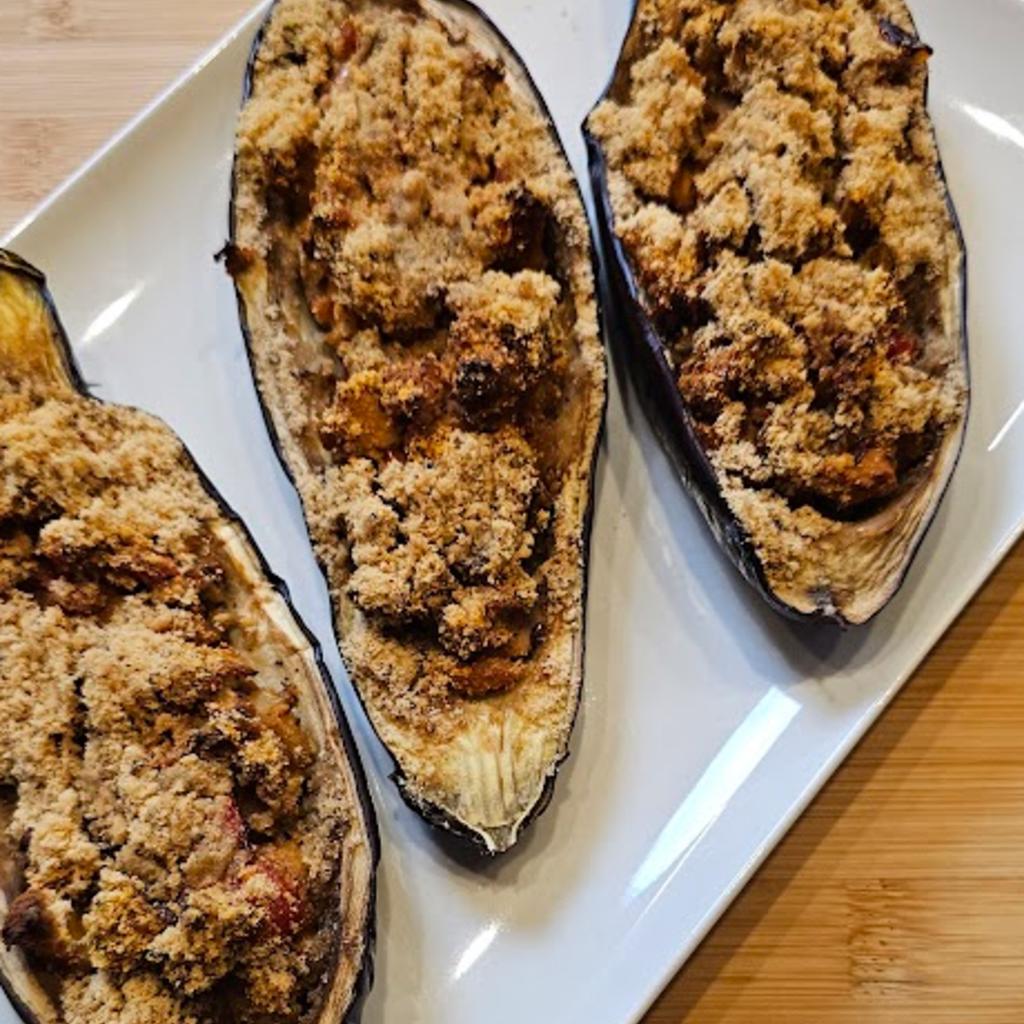
Gluten-Free and Lactose-Free Stuffed Eggplants
Elena|CeliachiaStanca
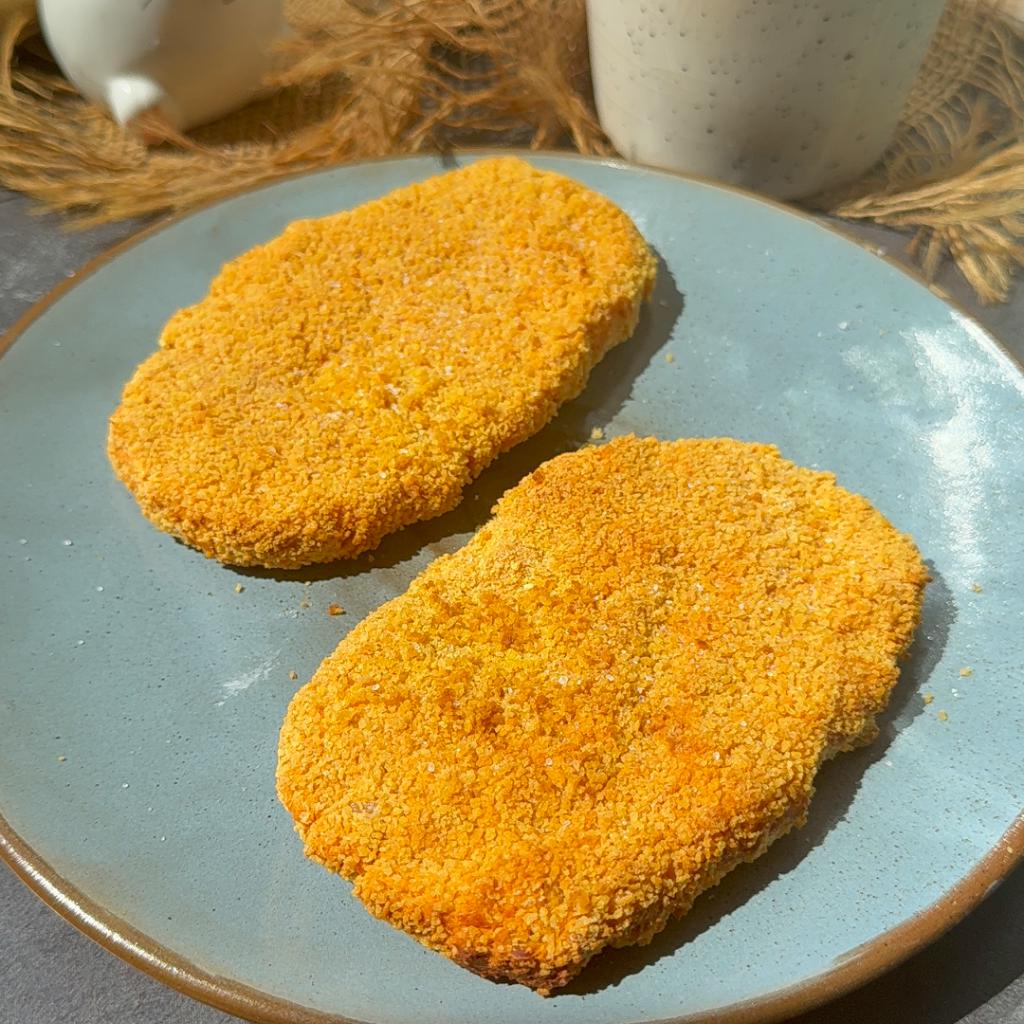
Gluten-free and lactose-free vegan cutlets
EASYCLARISSA


Chocolate Plumcake with Egg Whites
Foodiecooklab


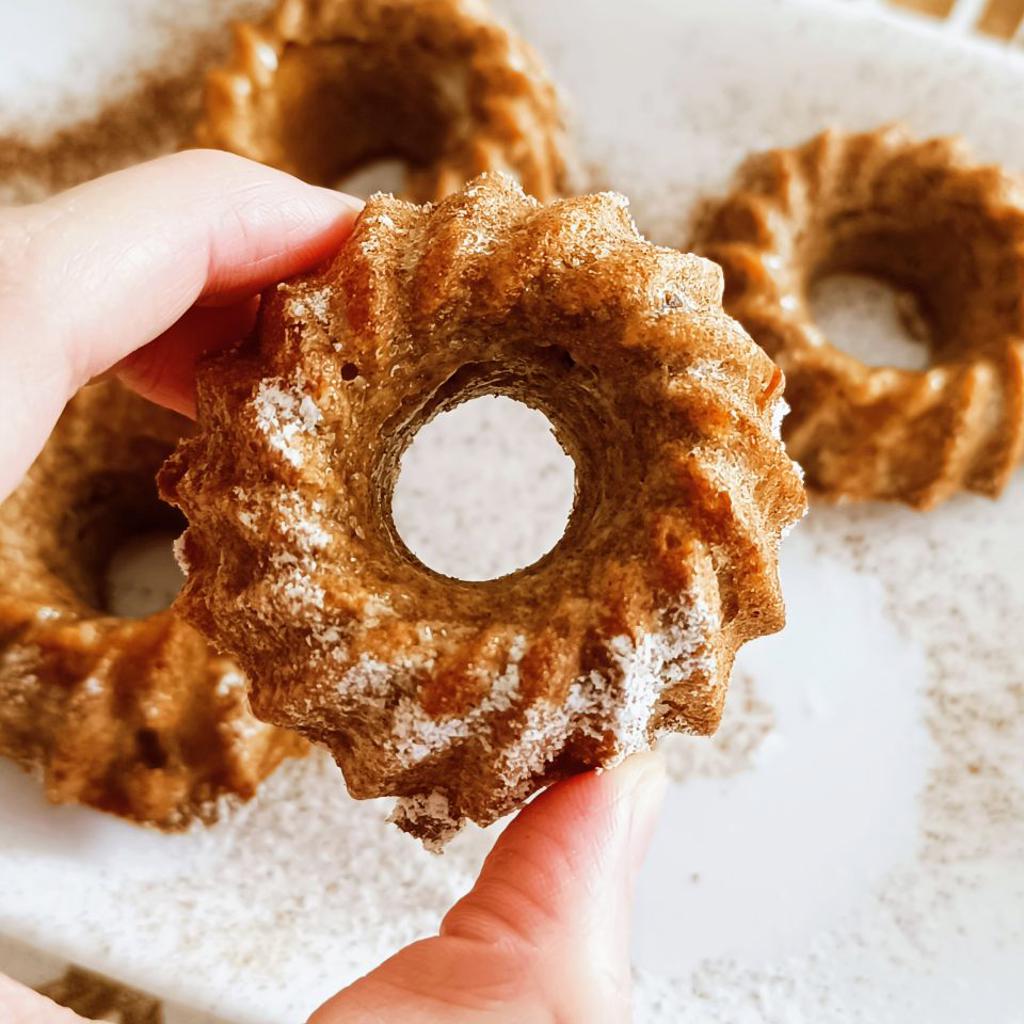
Persimmon Donuts with No Added Sugar and Lactose-Free
Mariapia - Food Blogger - Economista Salutista
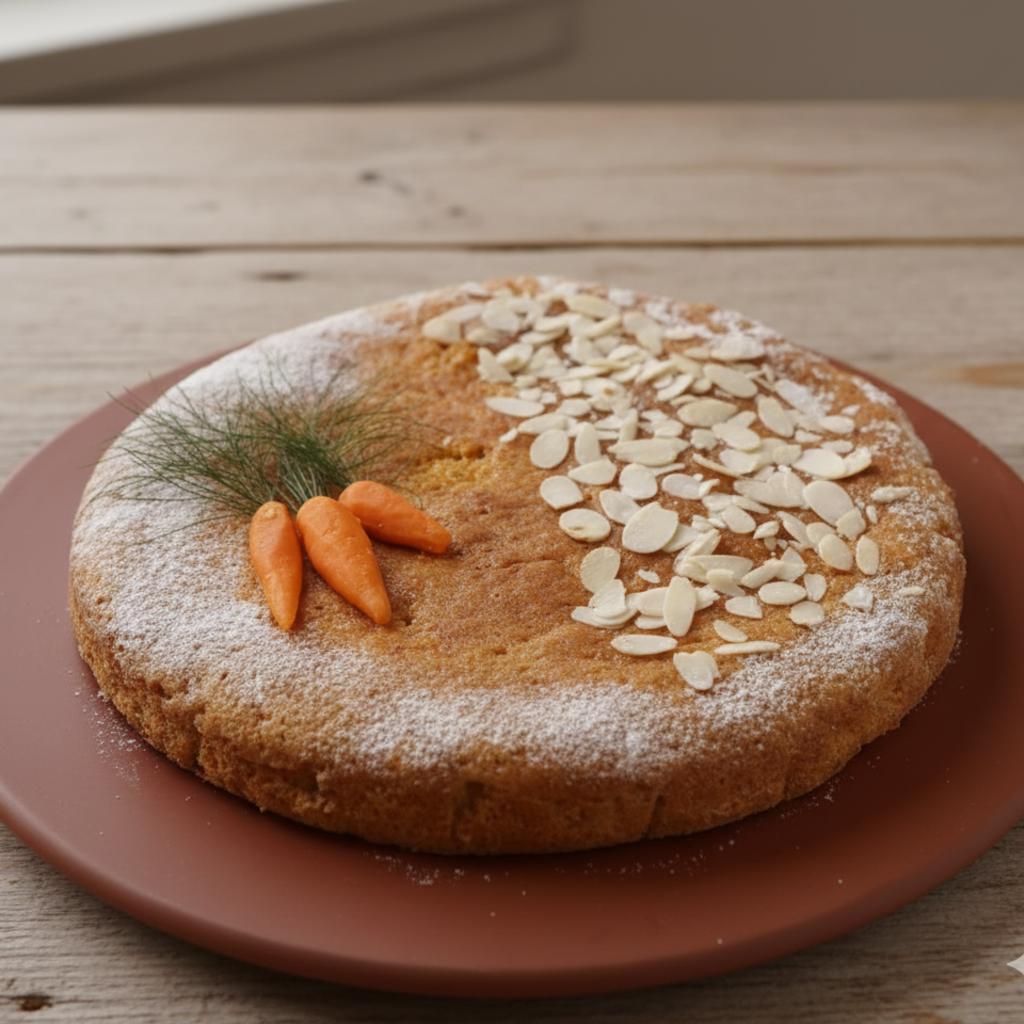

Carrot cake with vegan chufa, high and soft
IoBoscoVivo Srl
